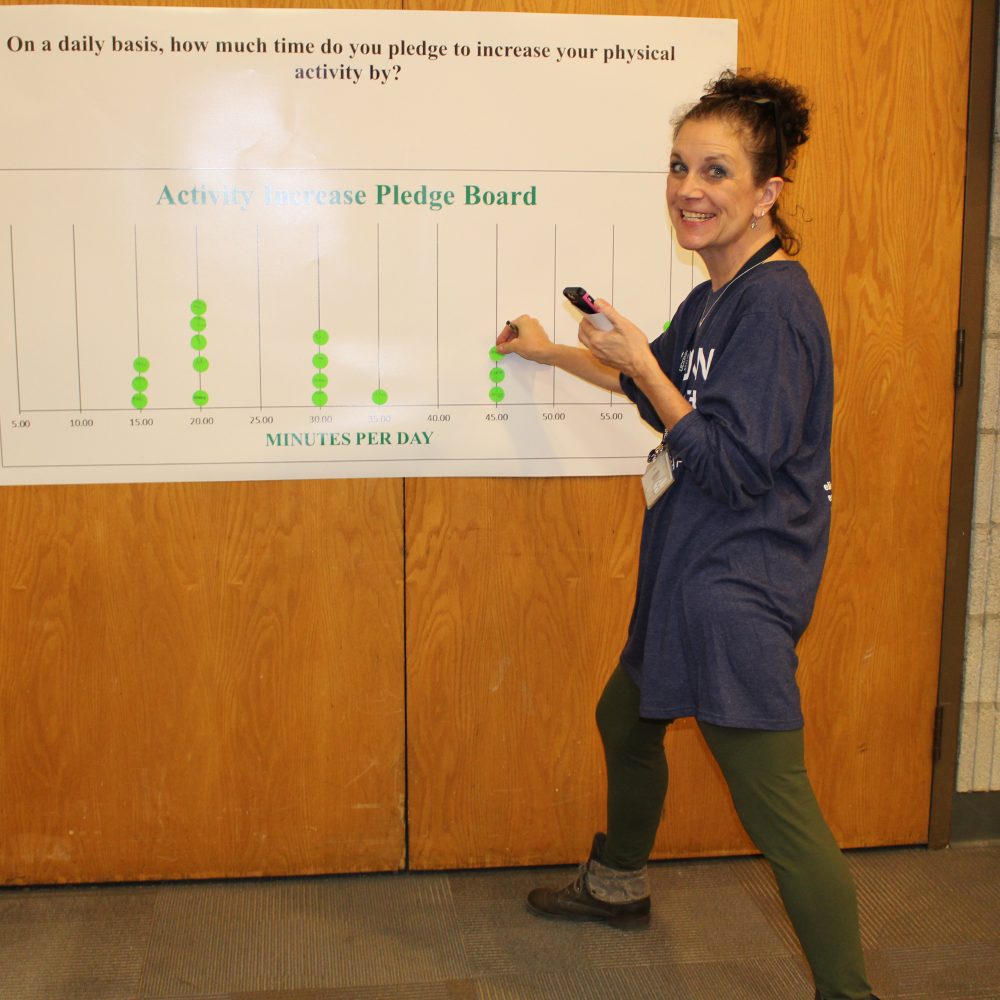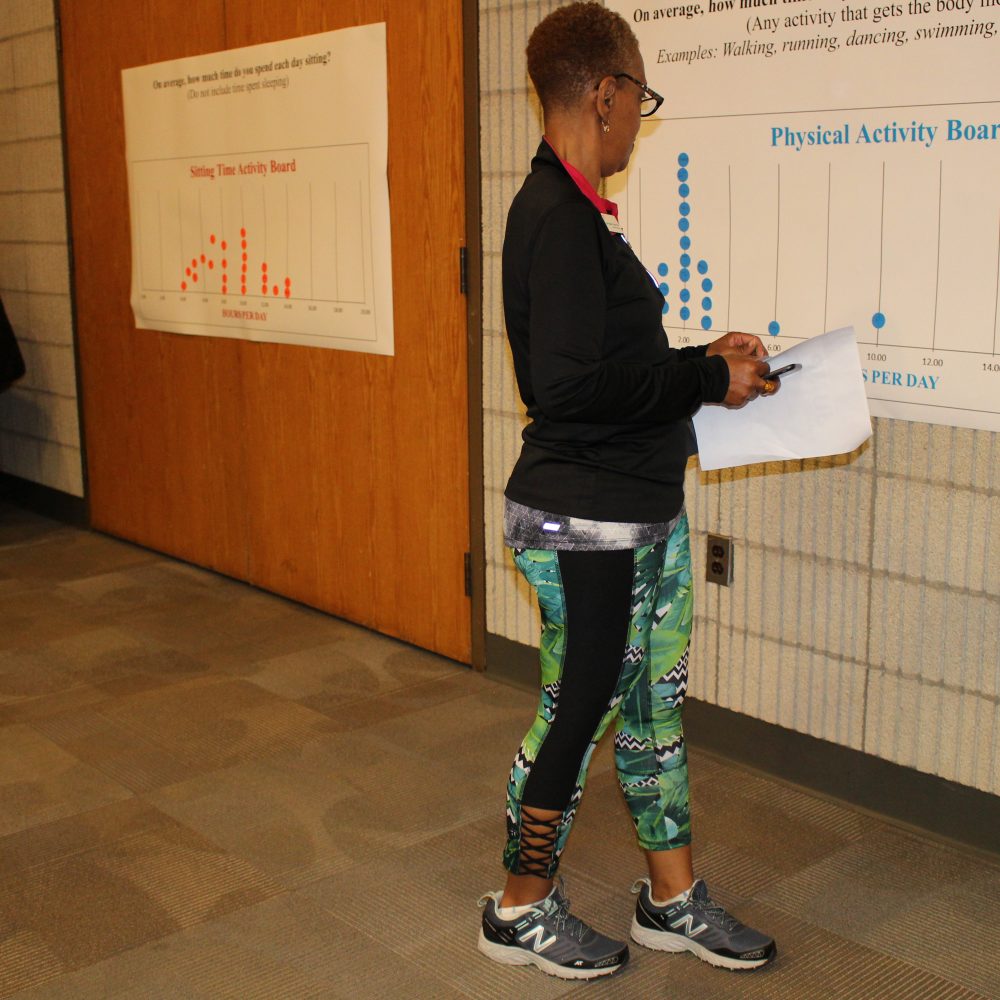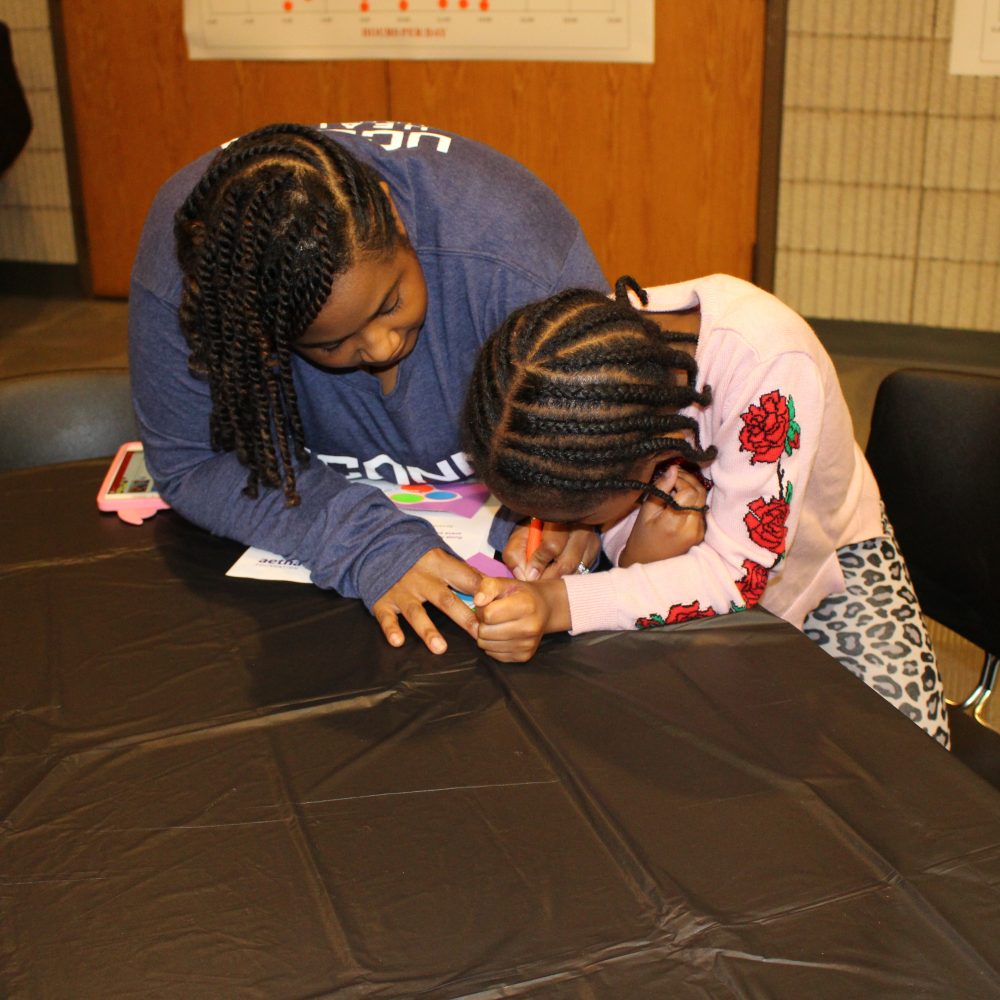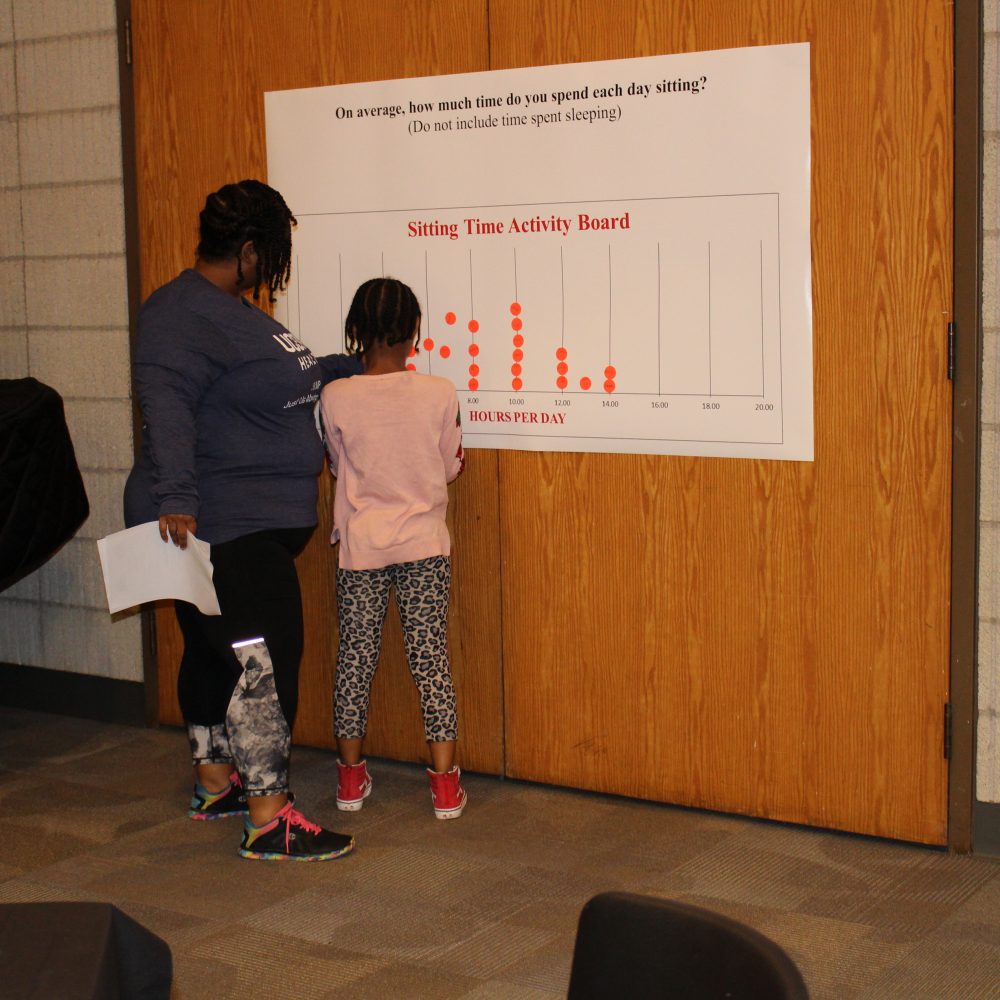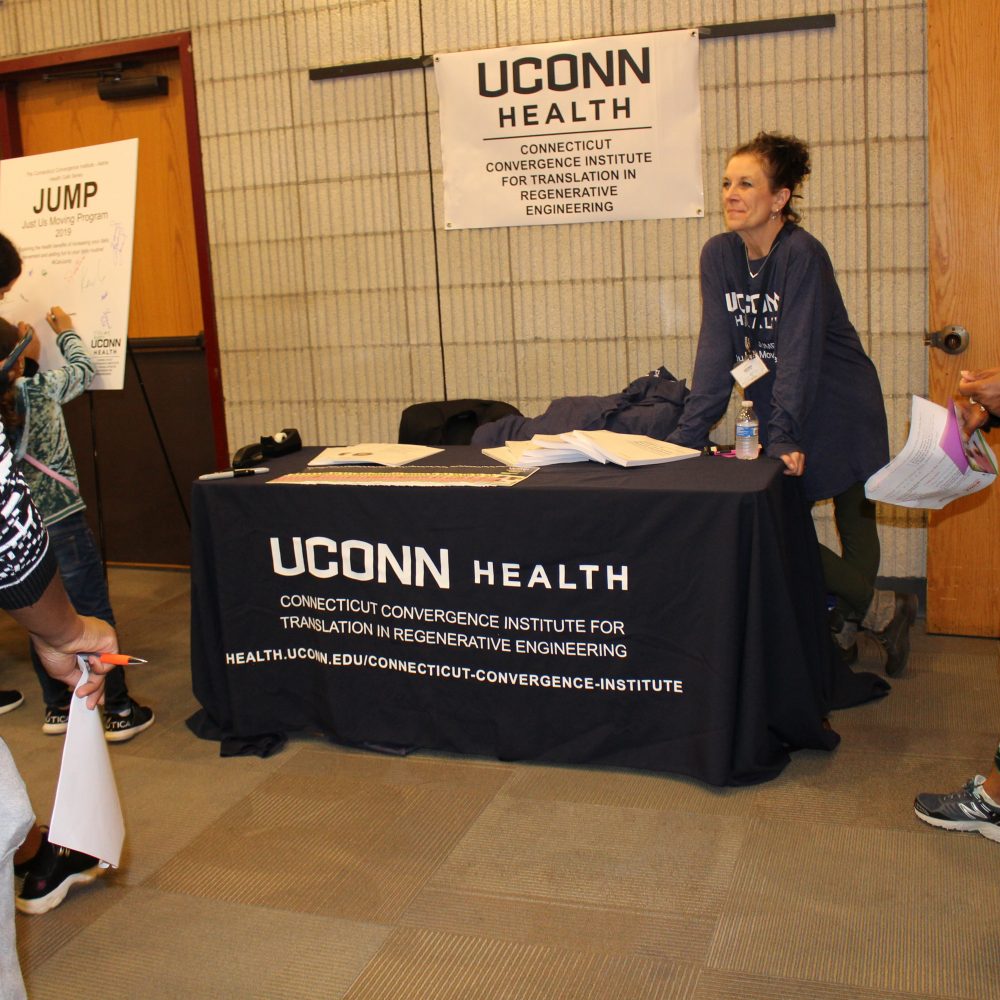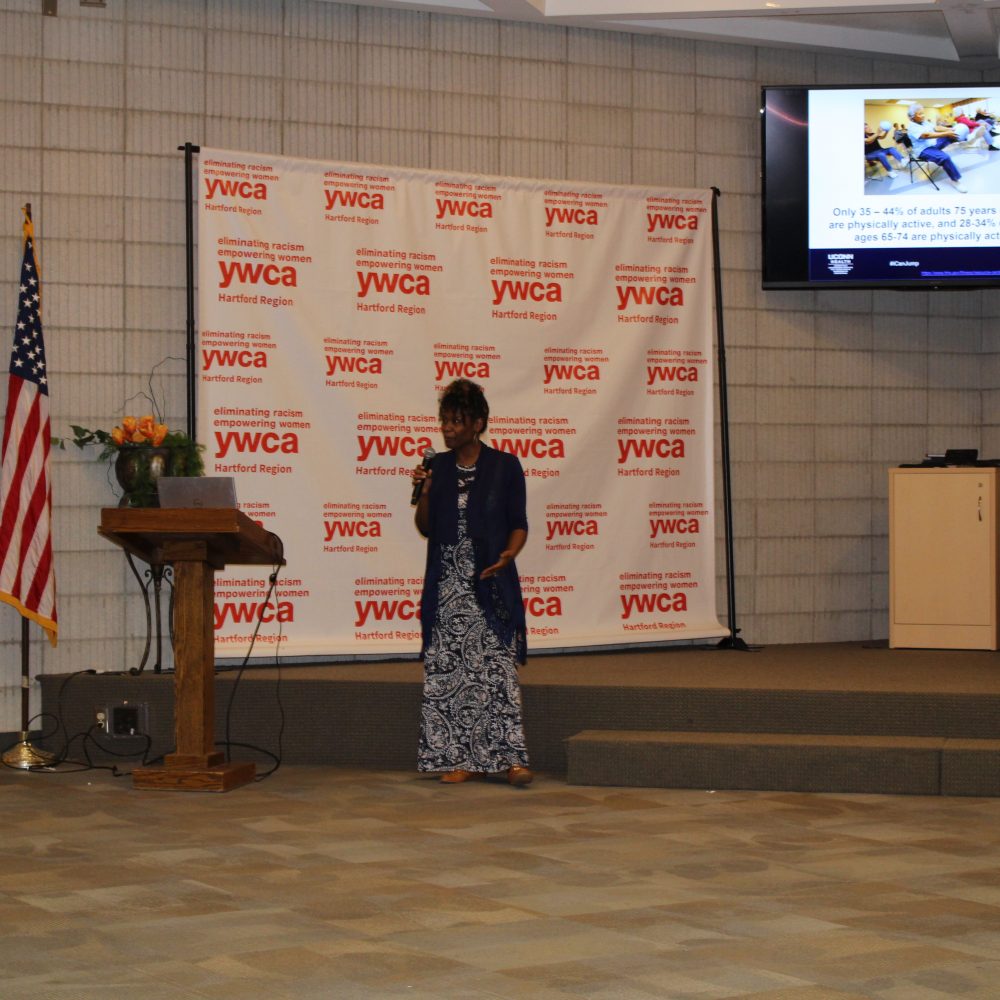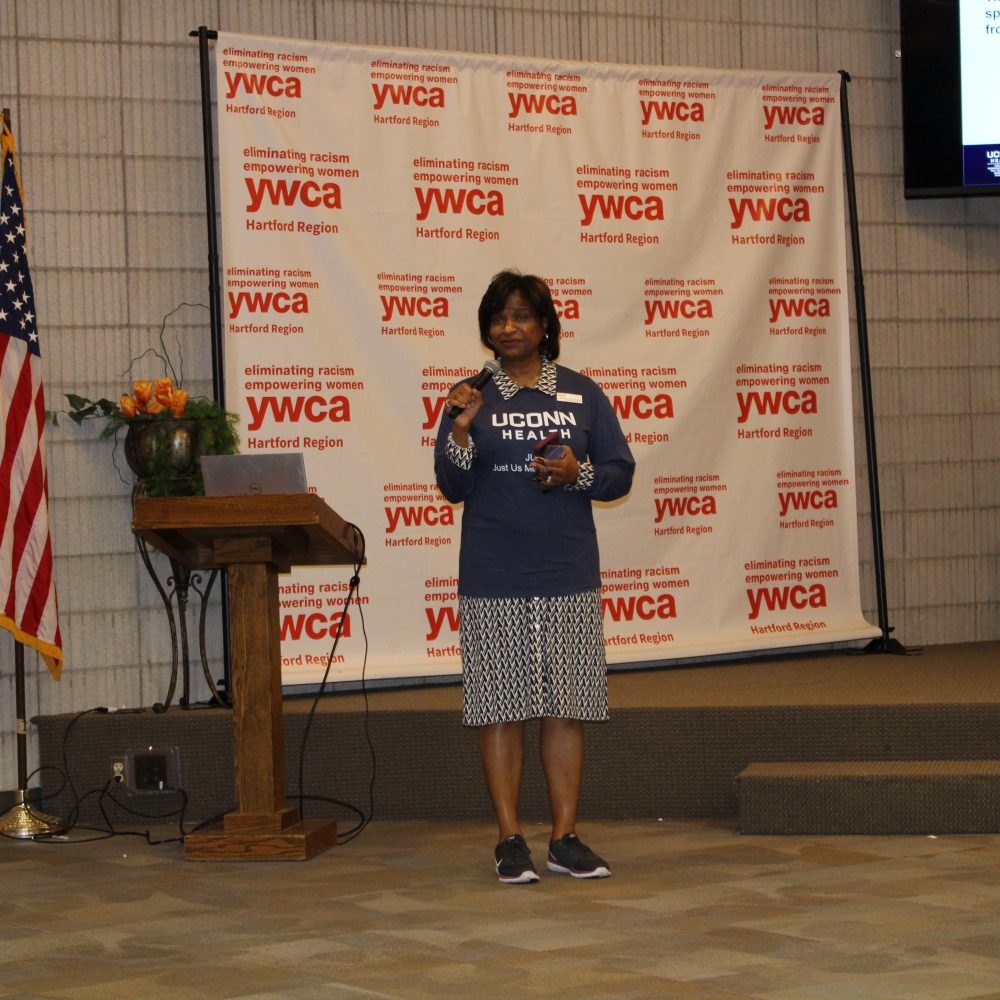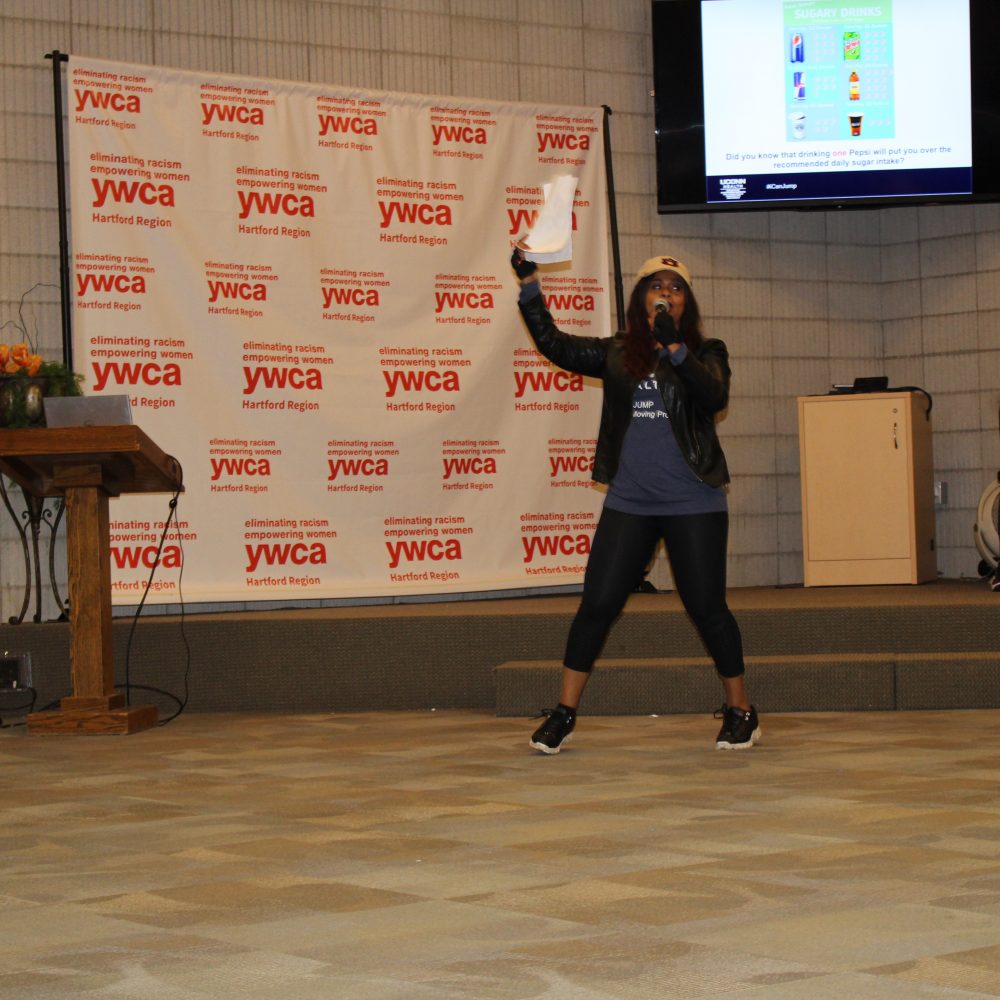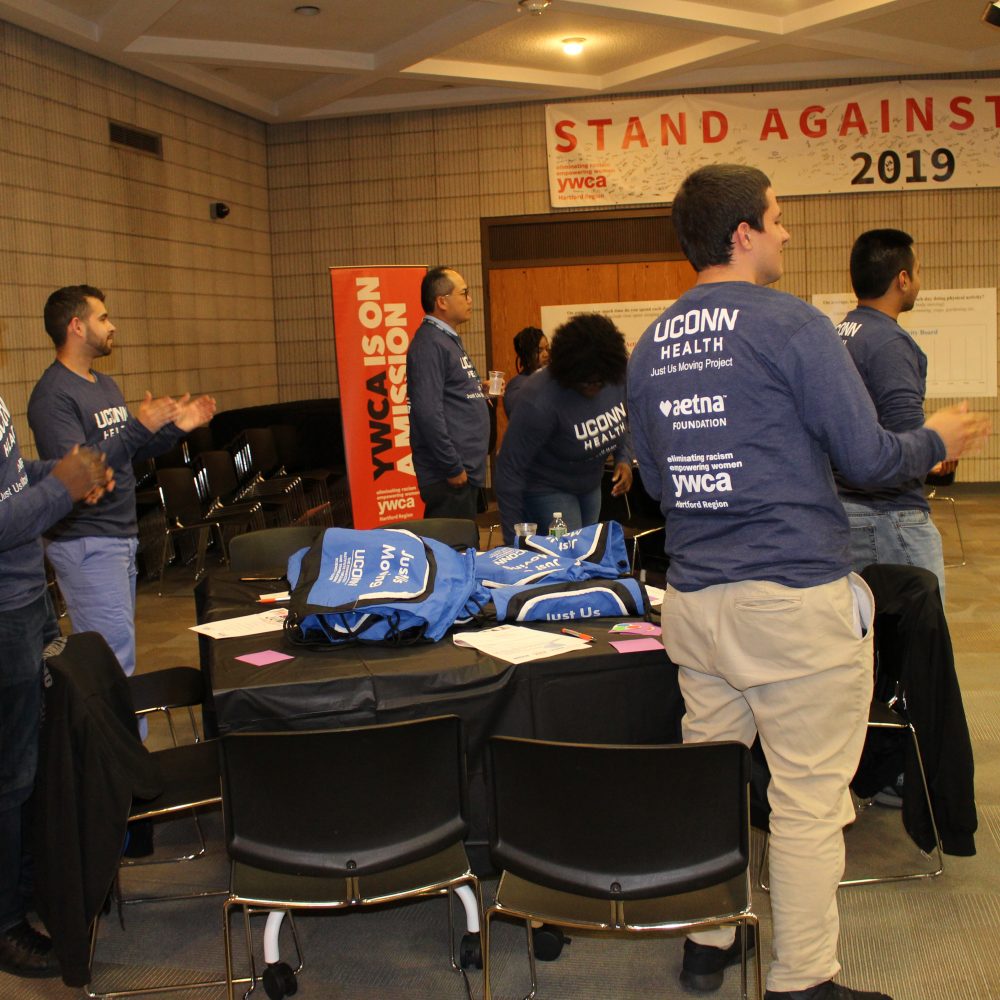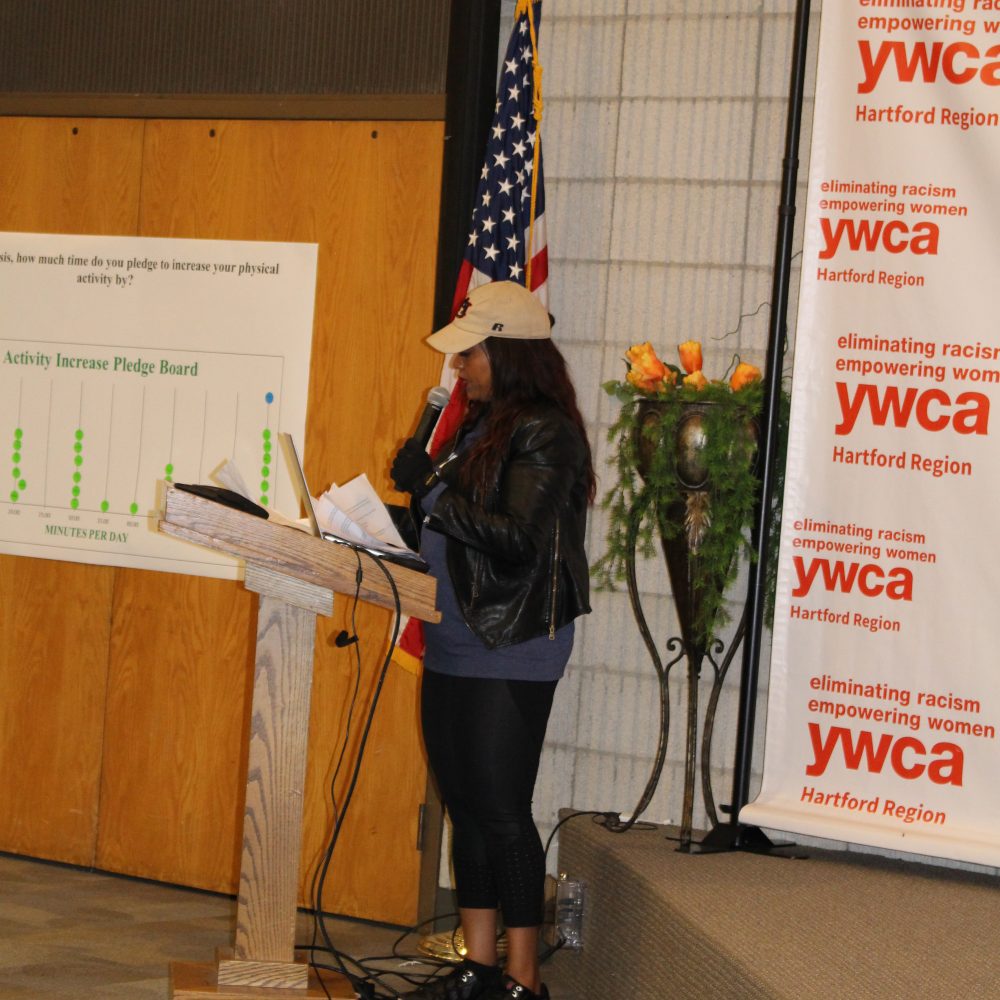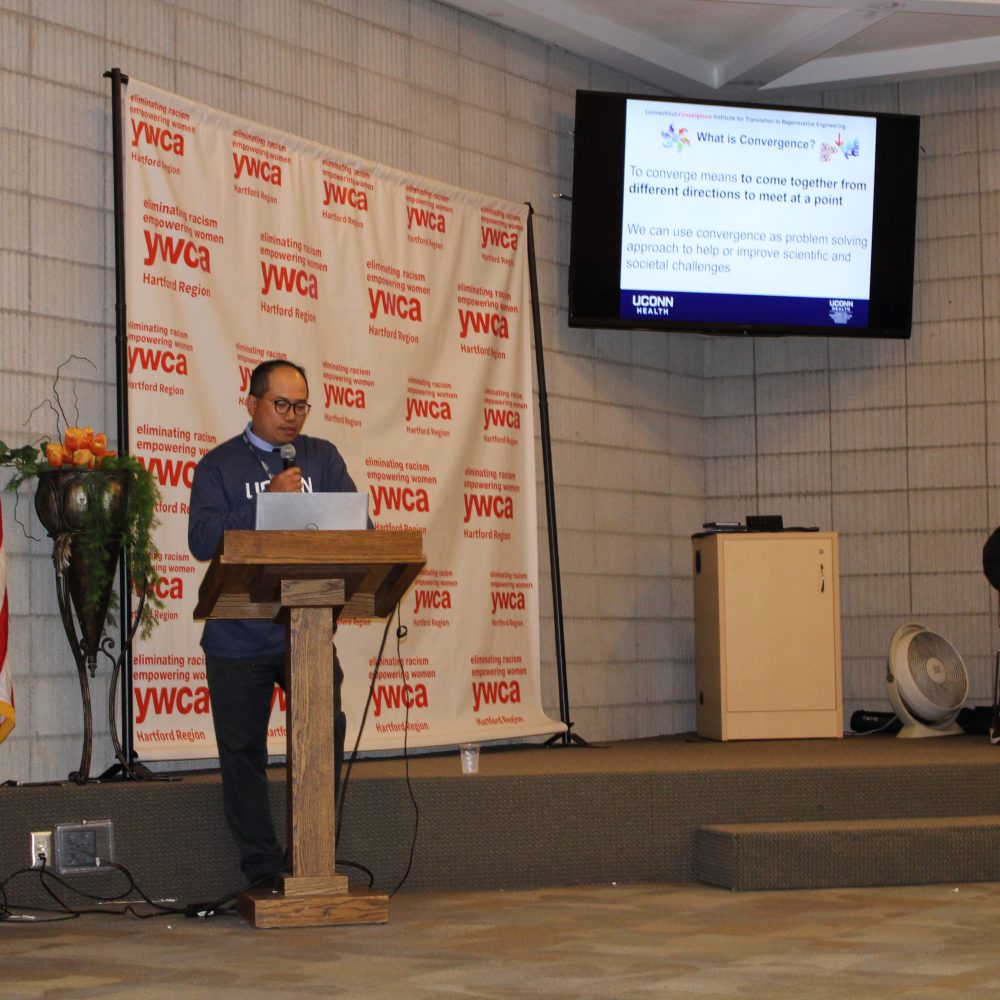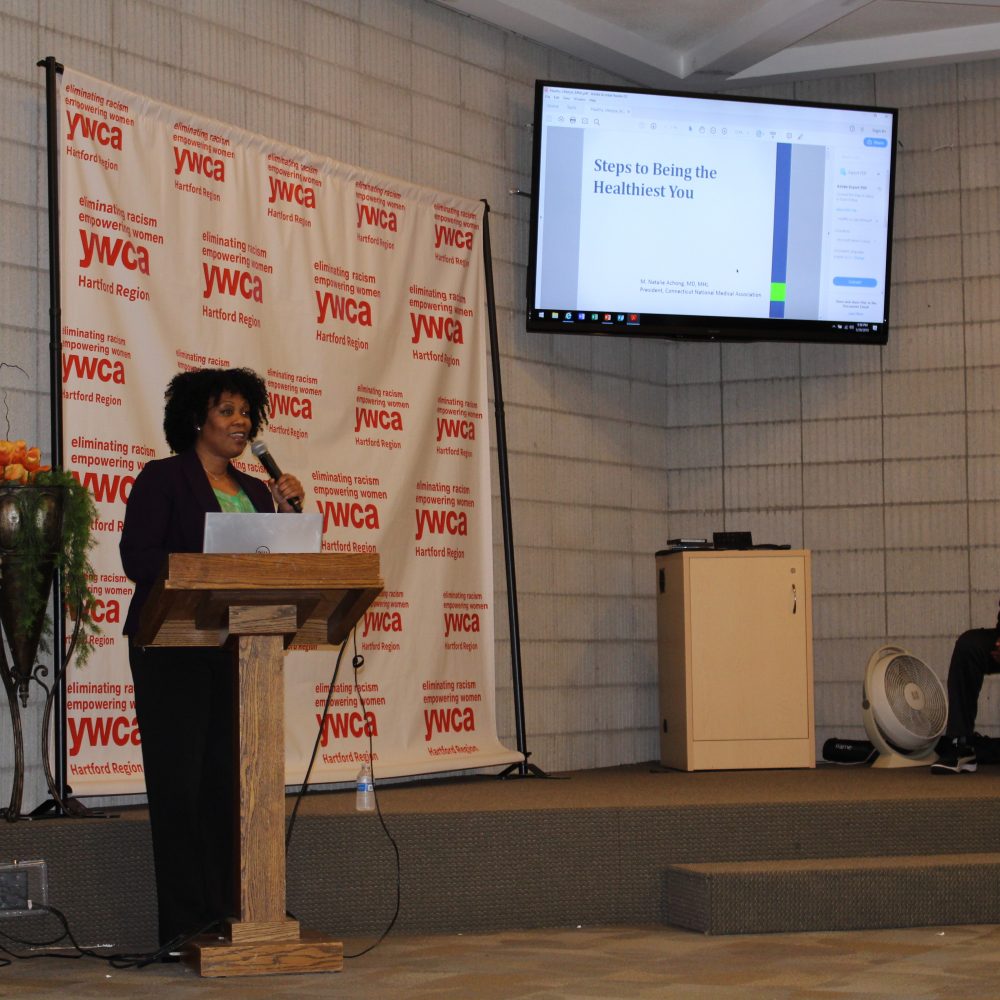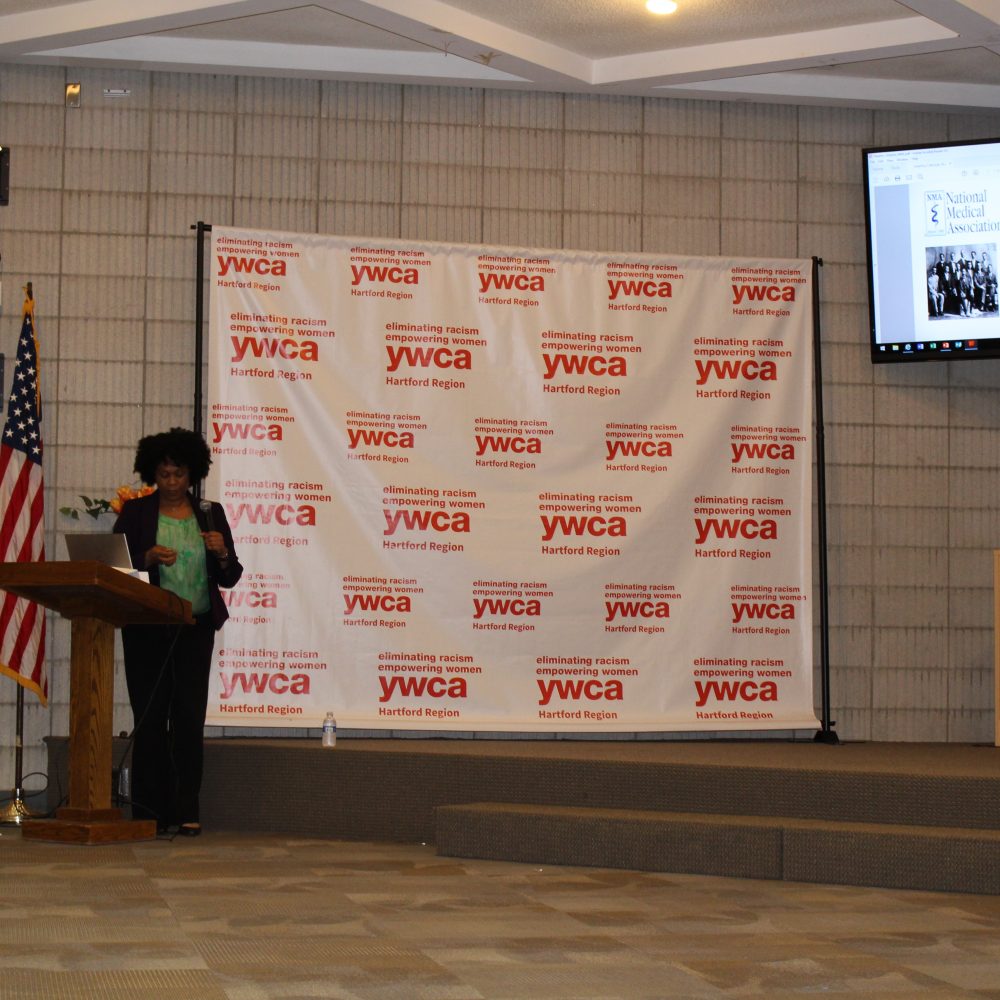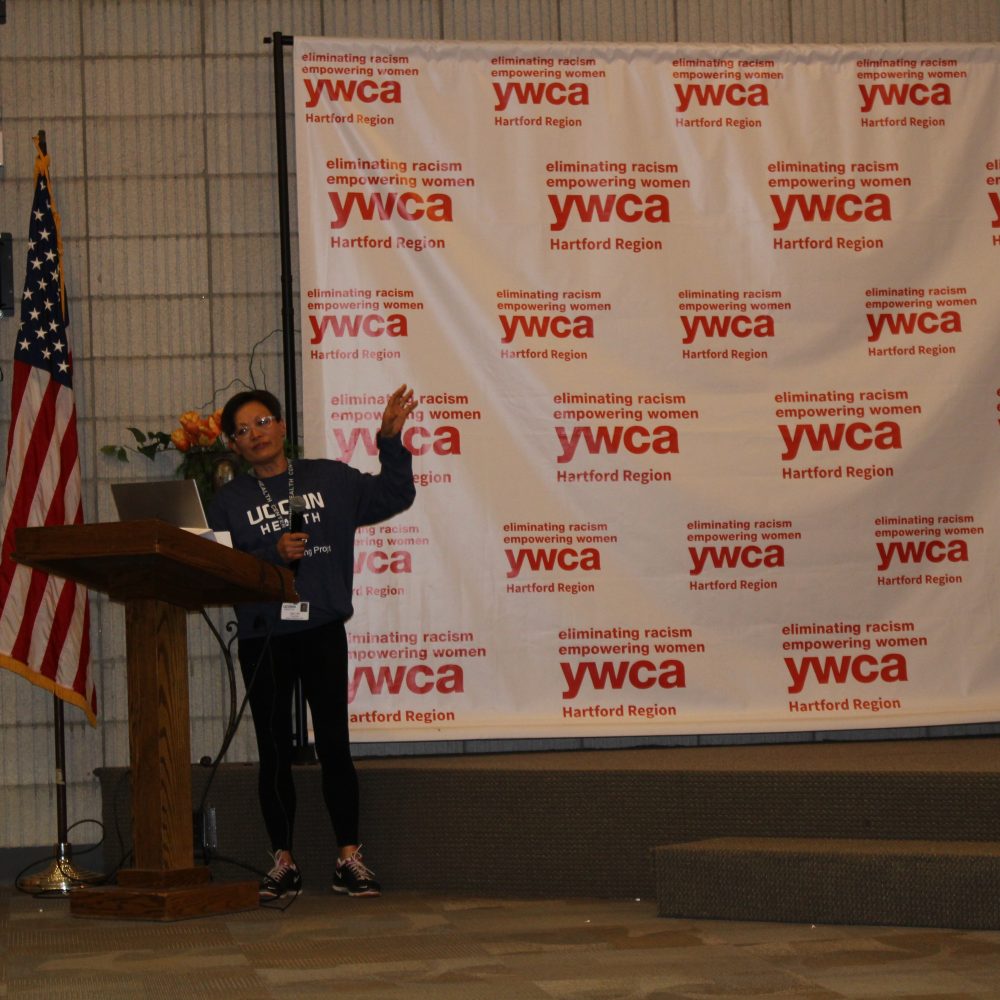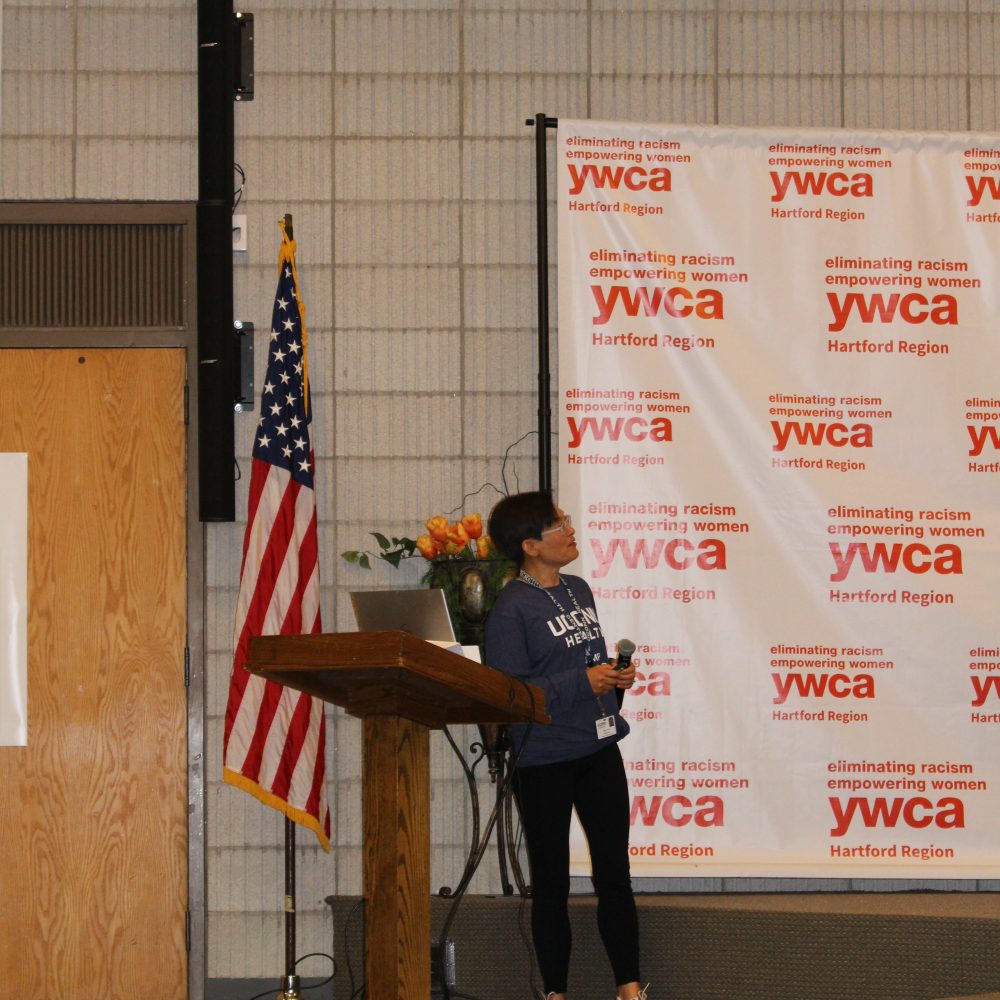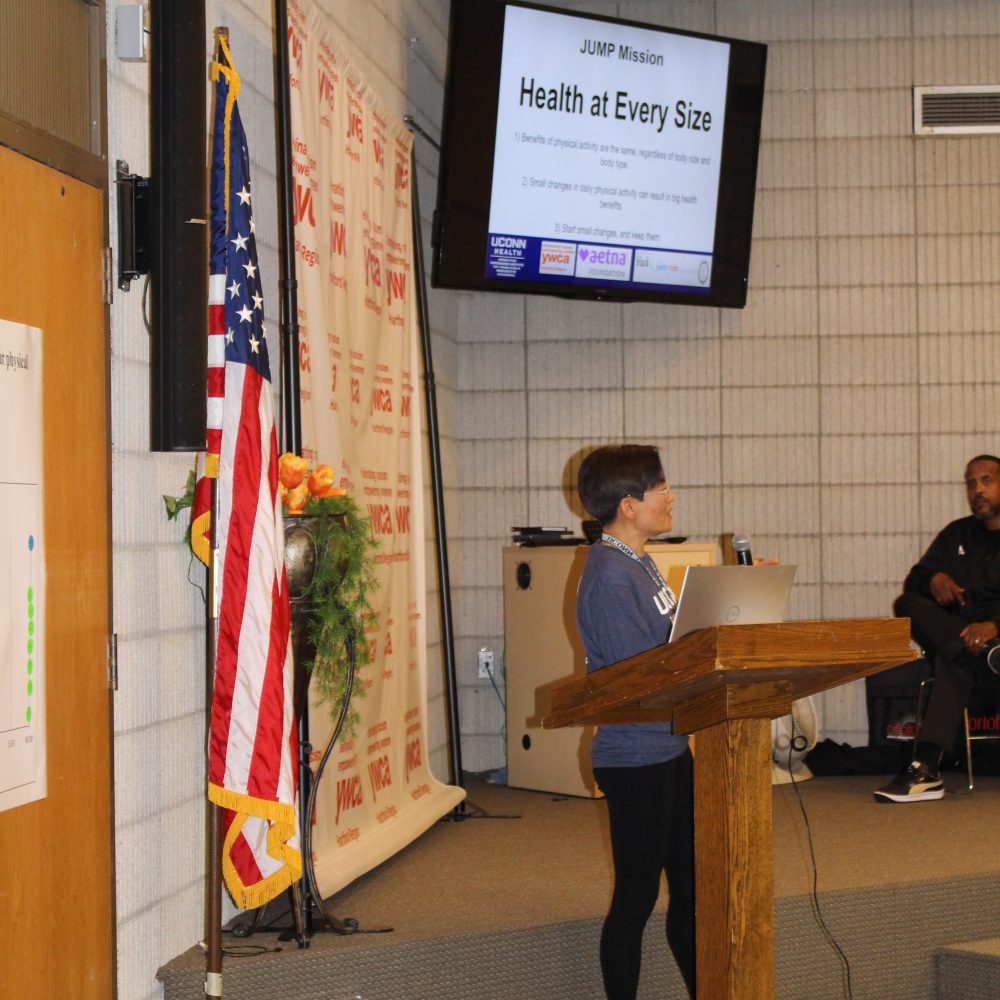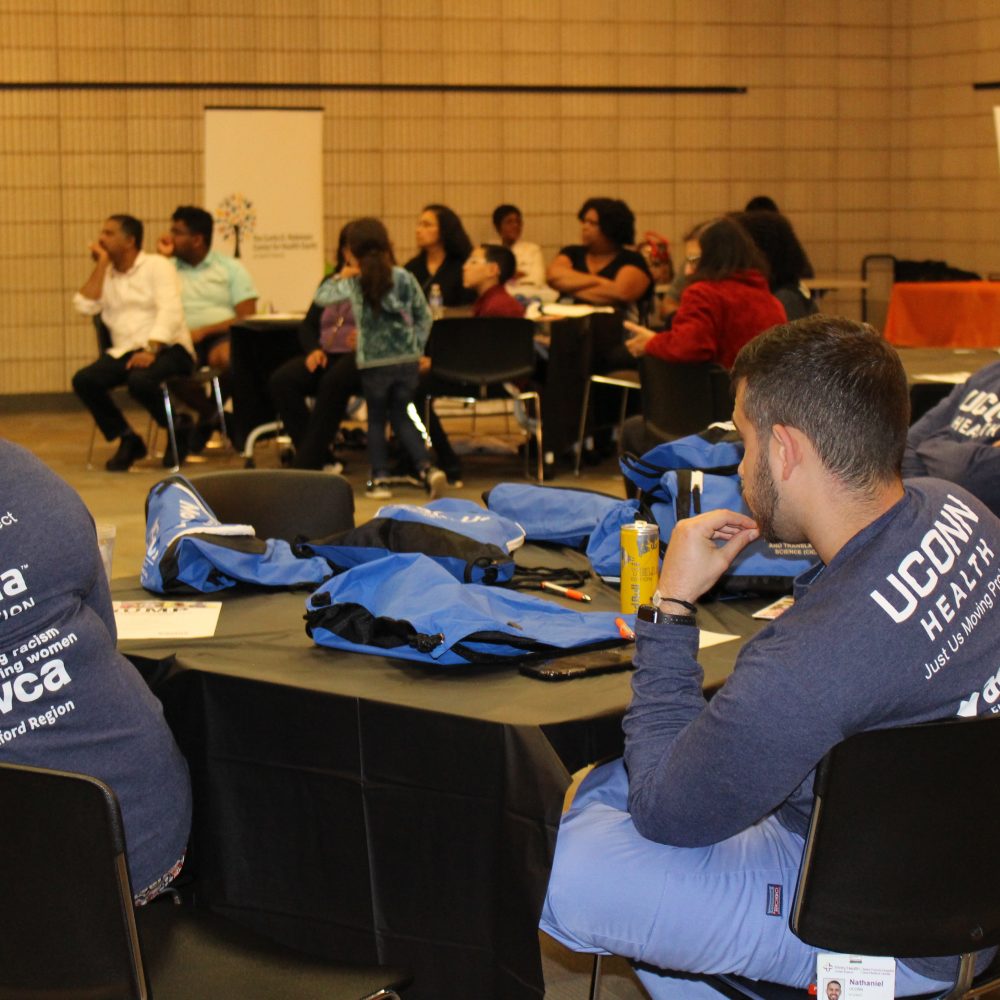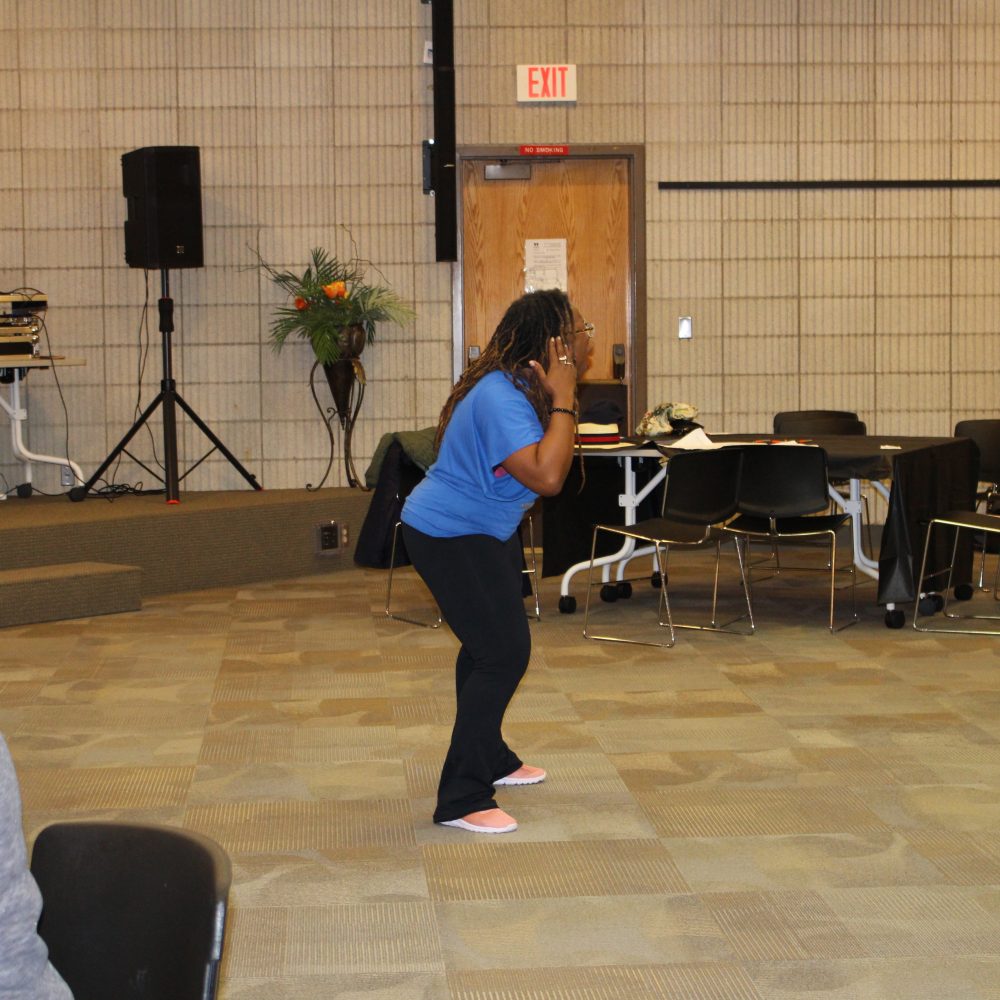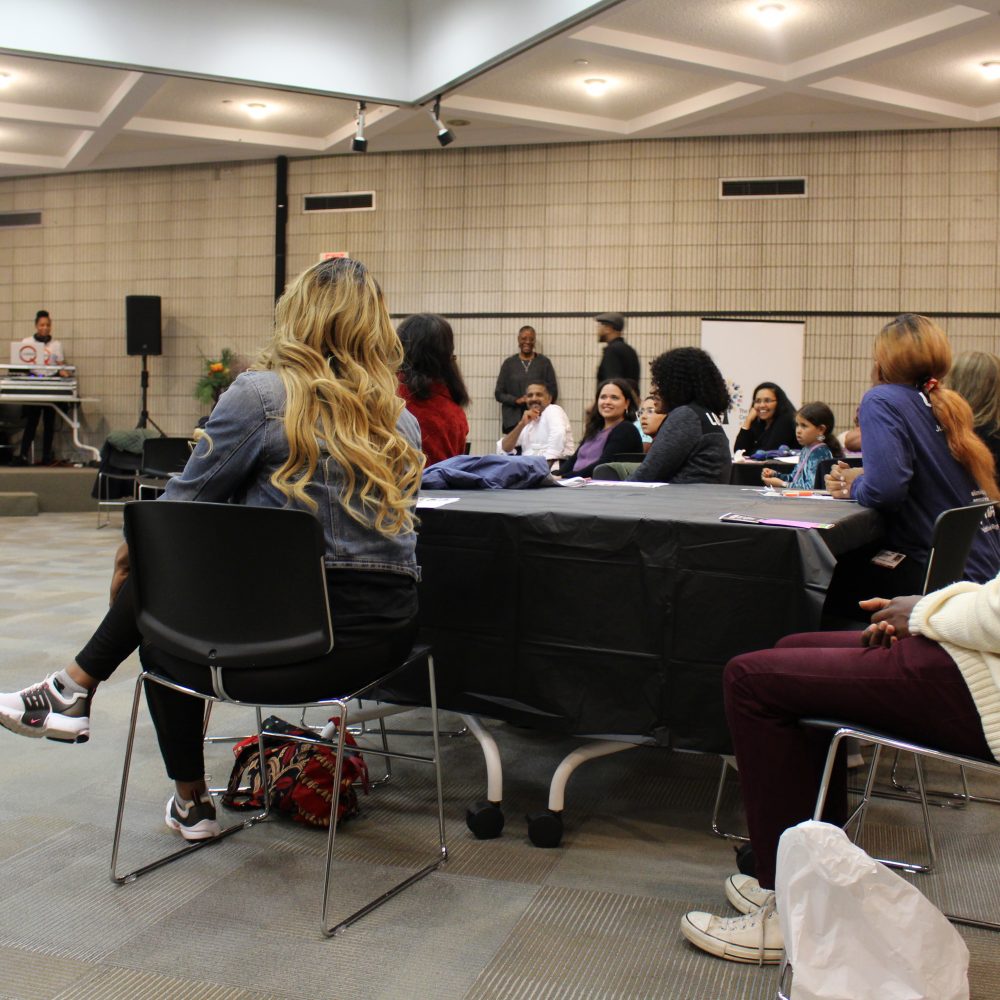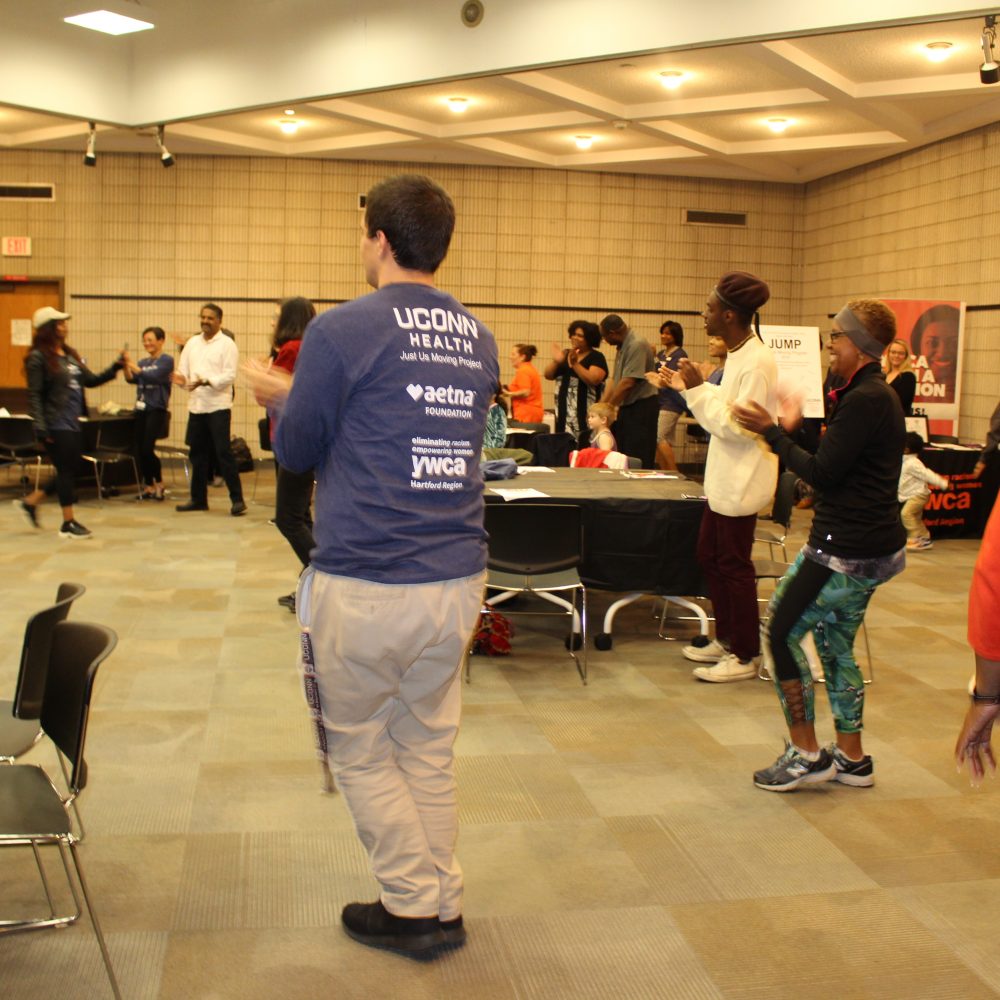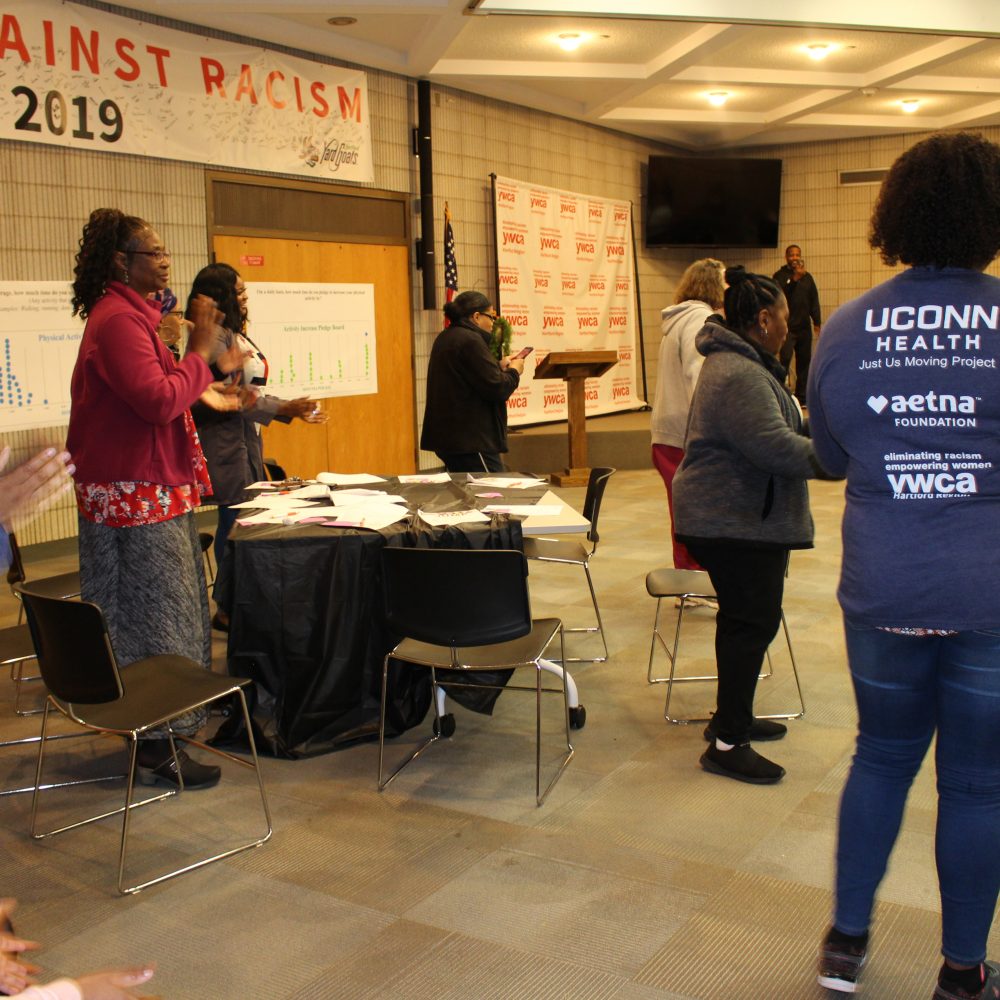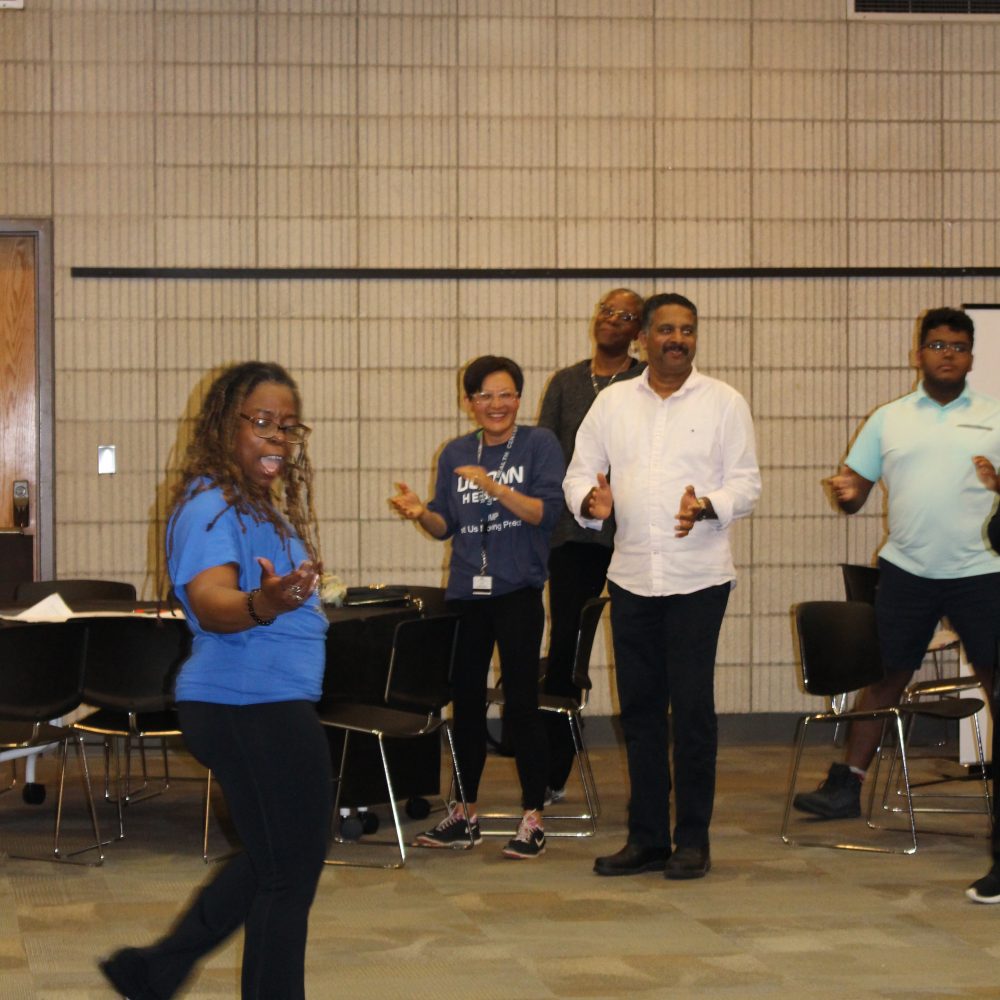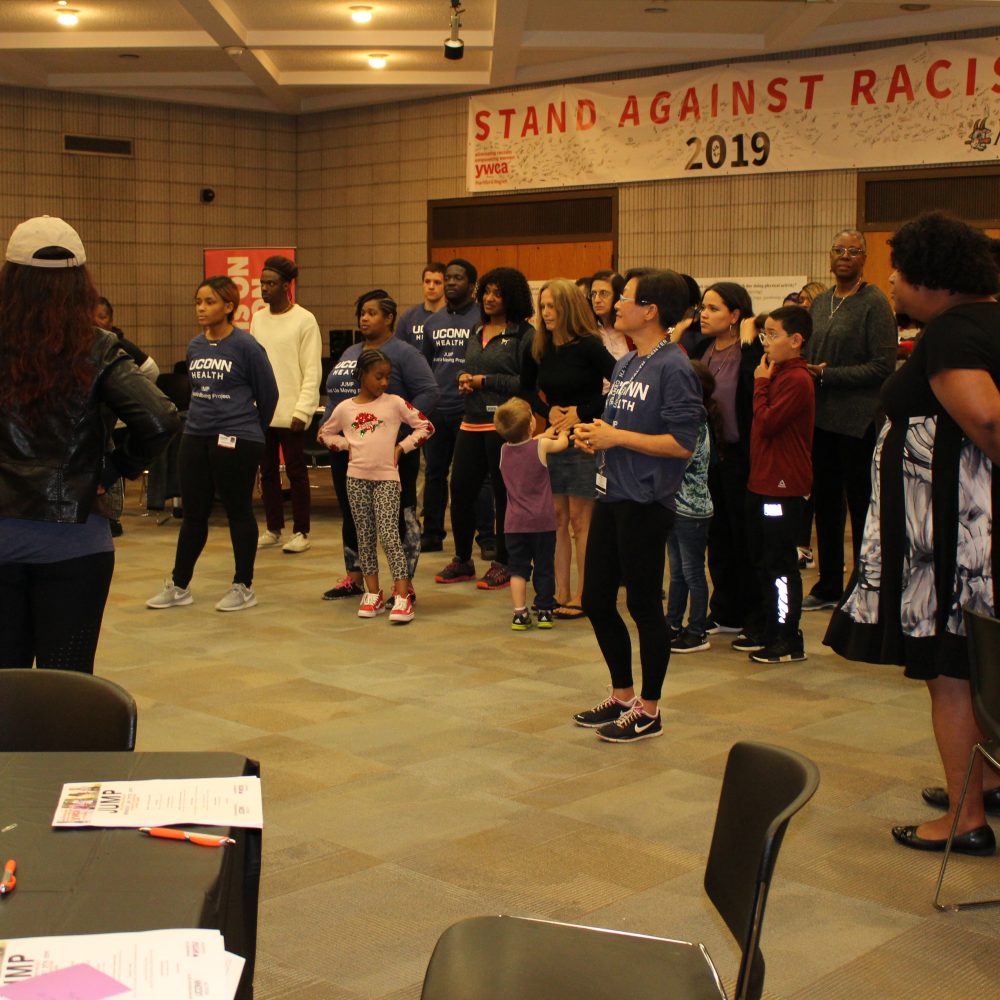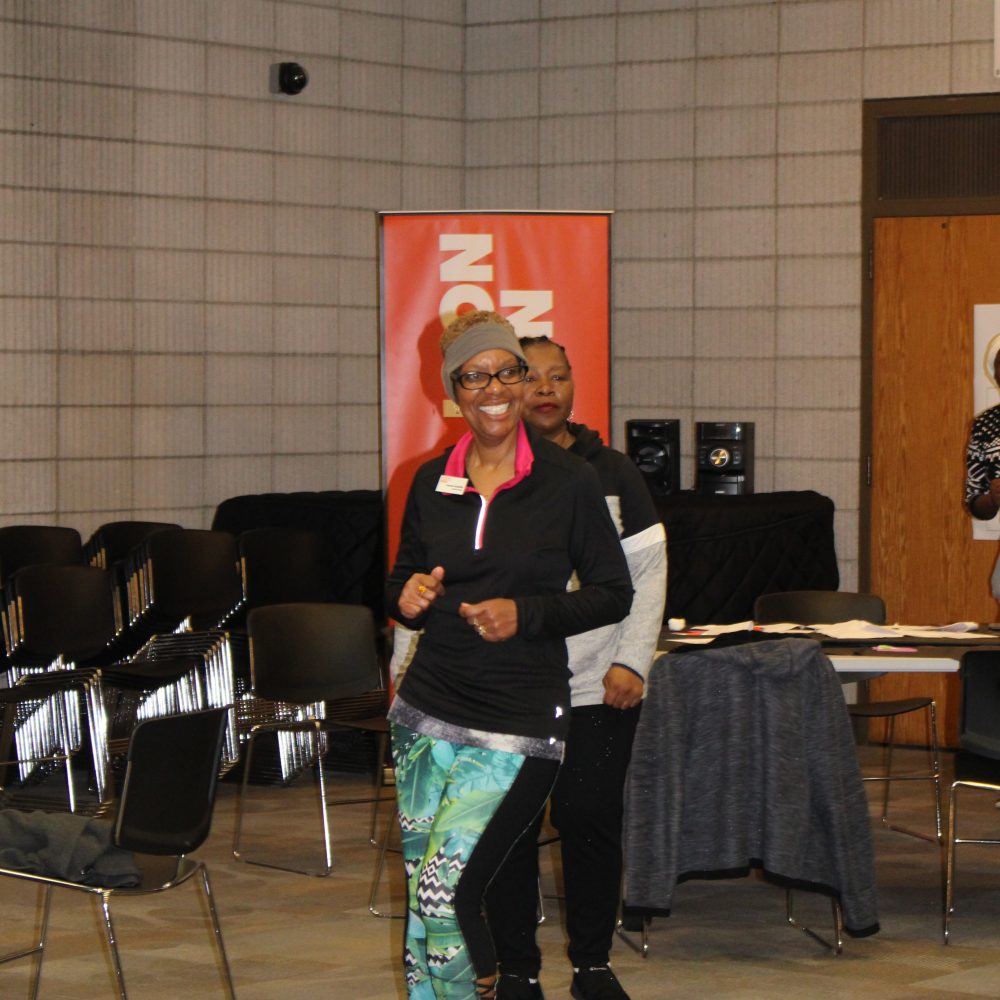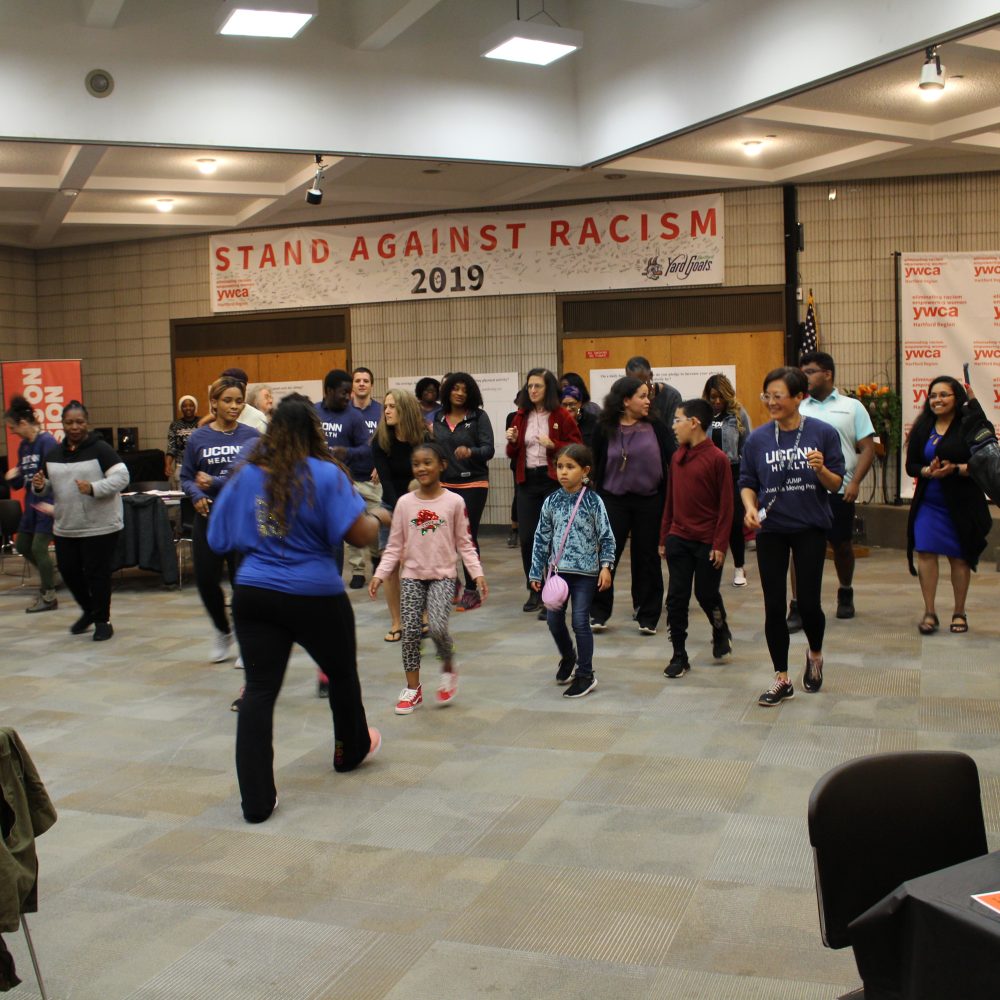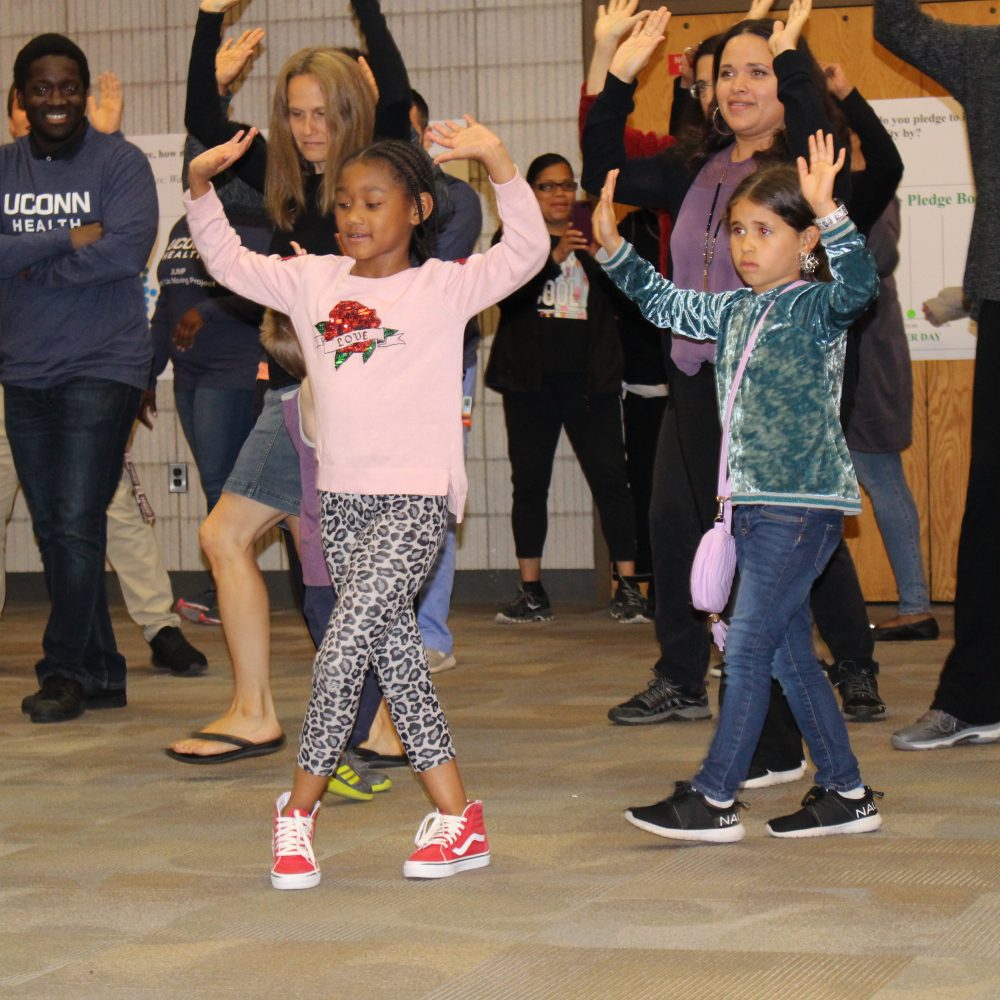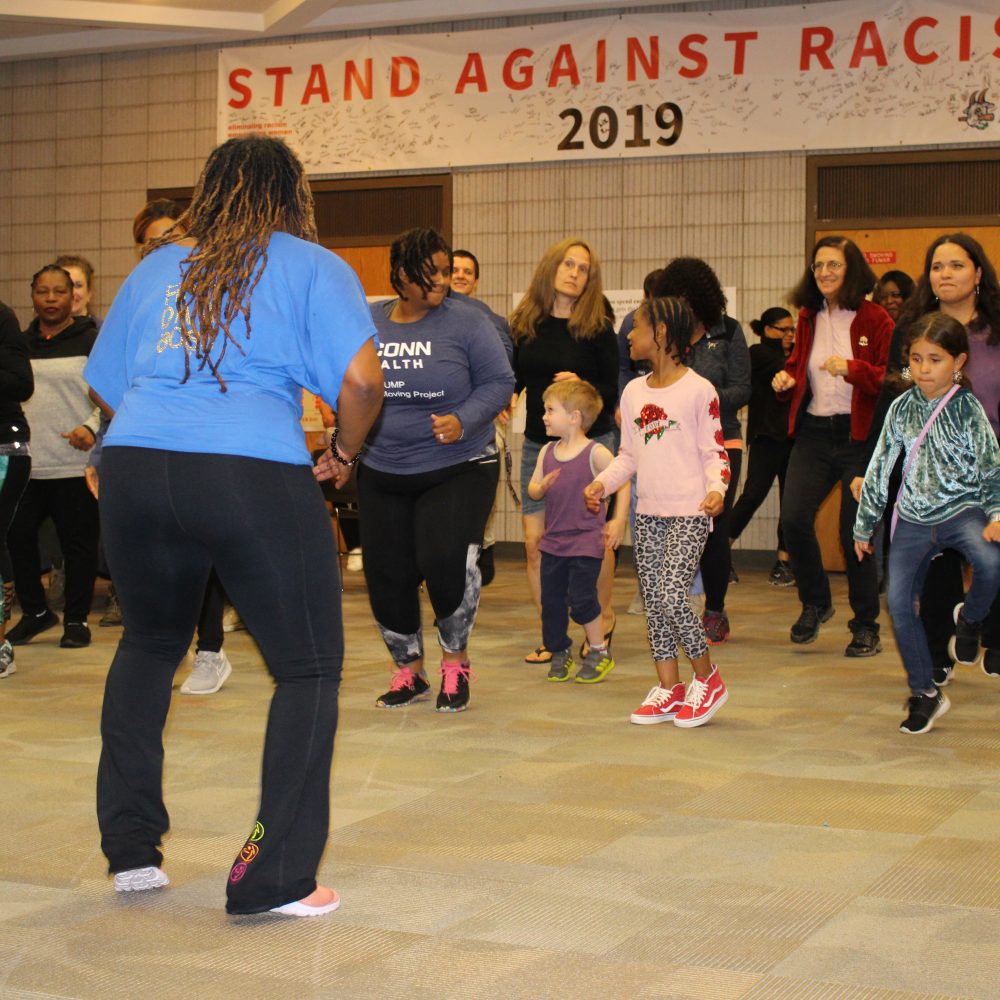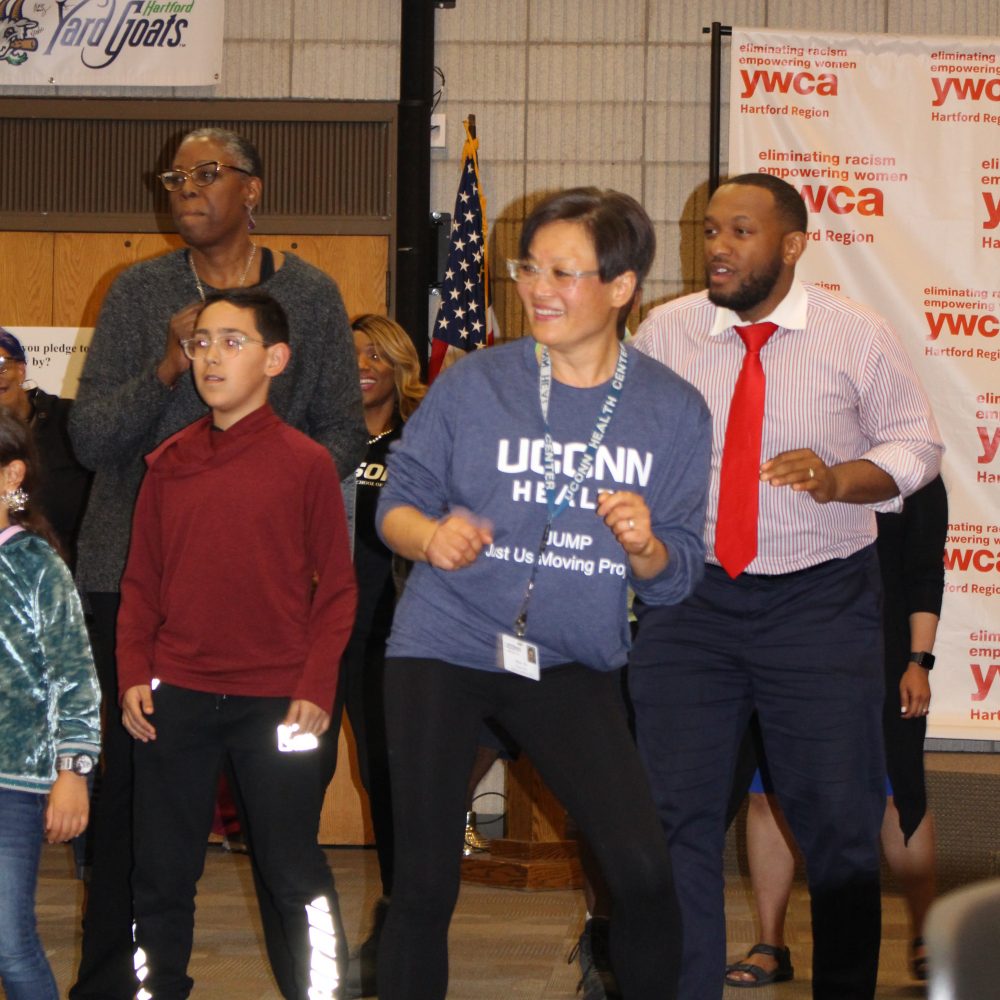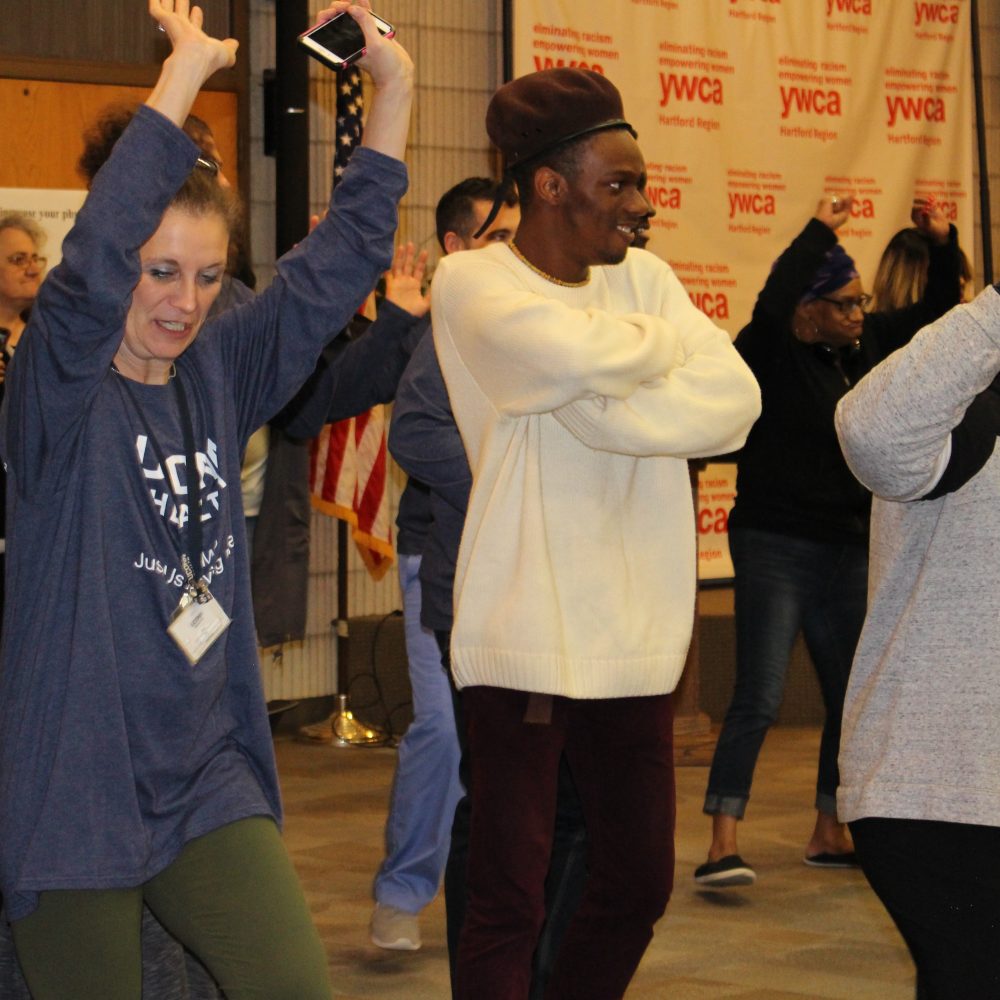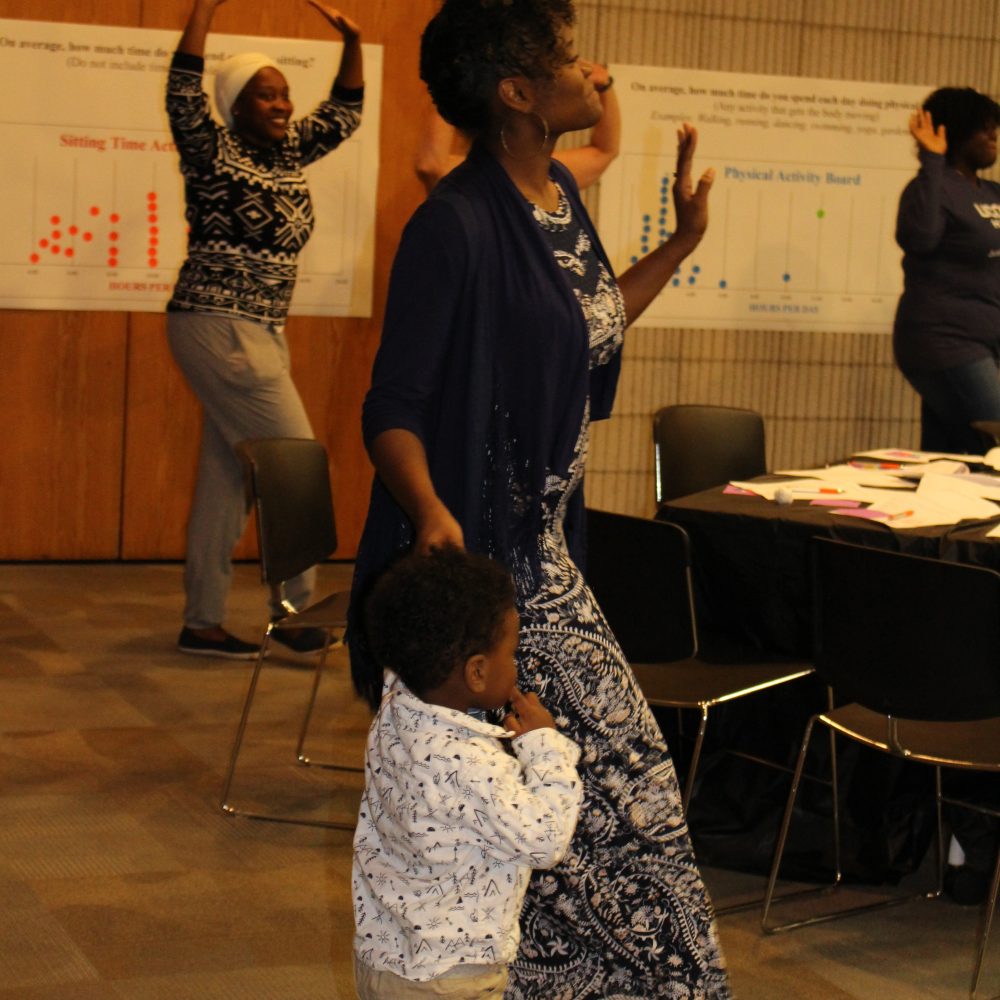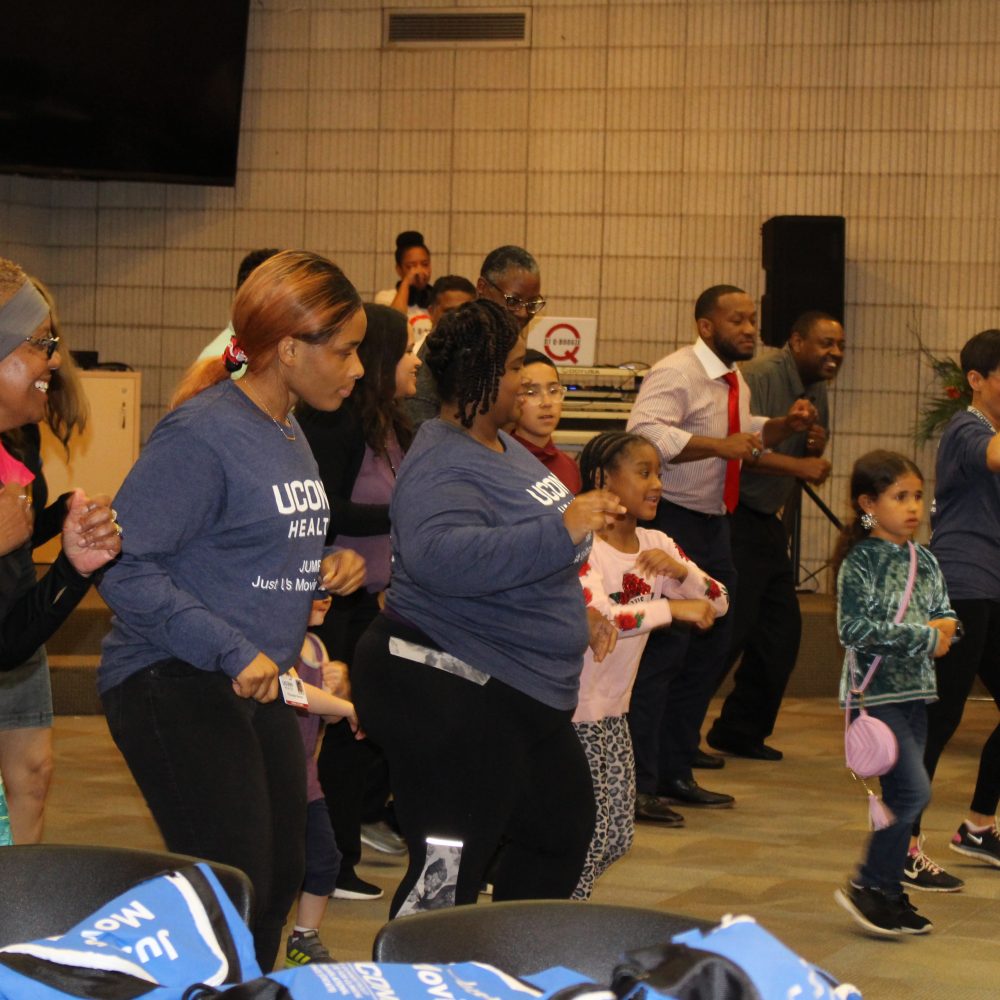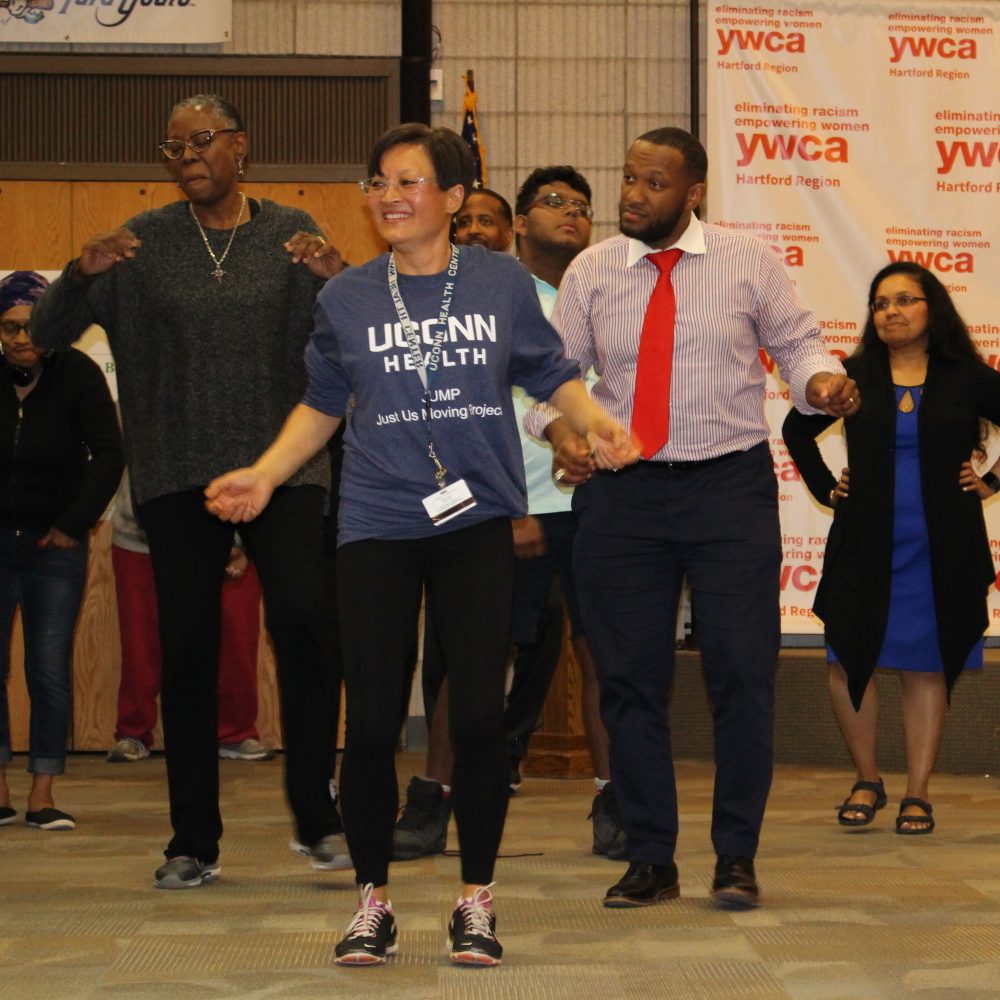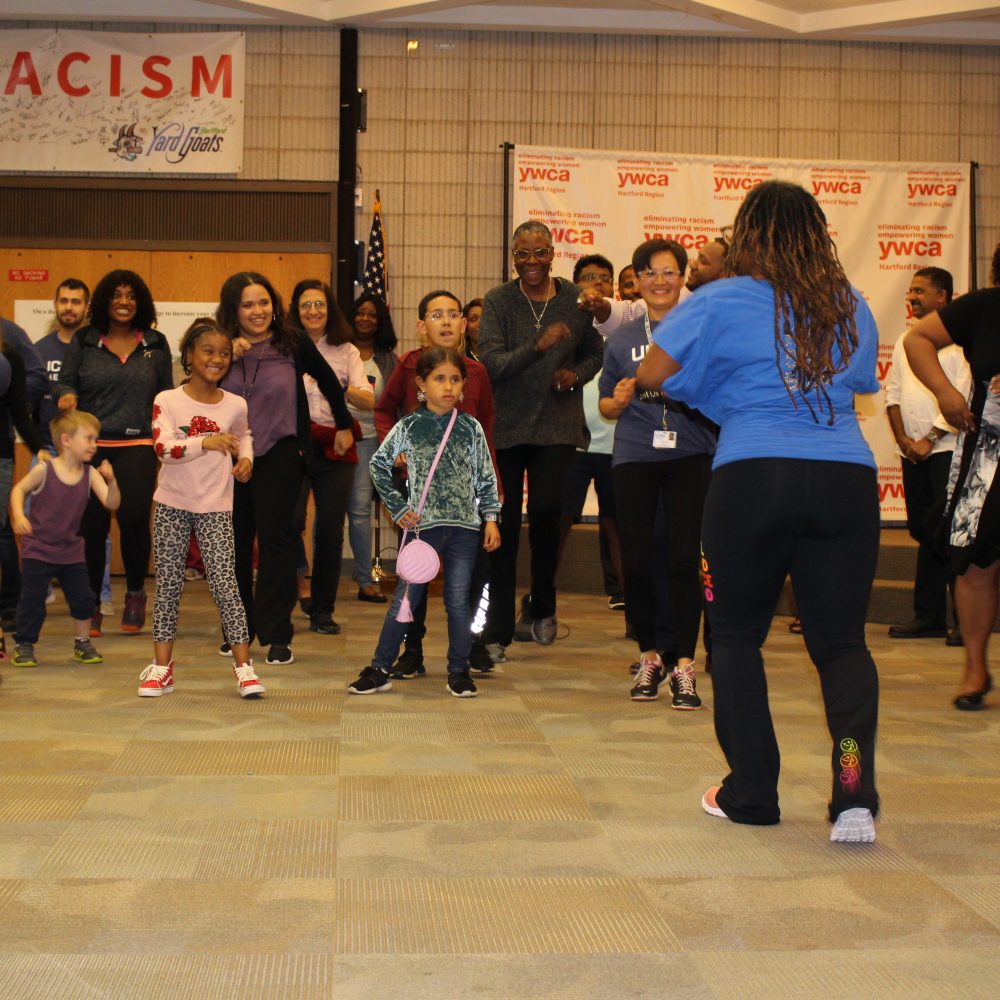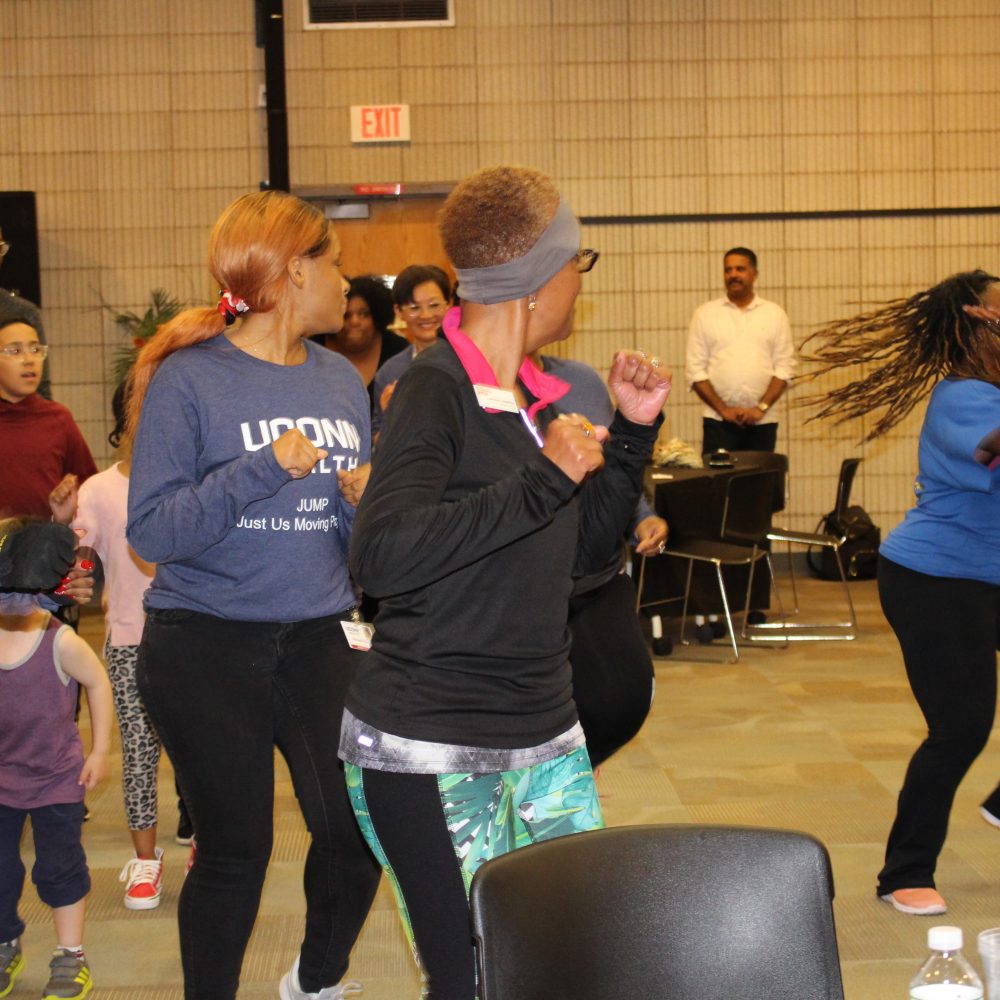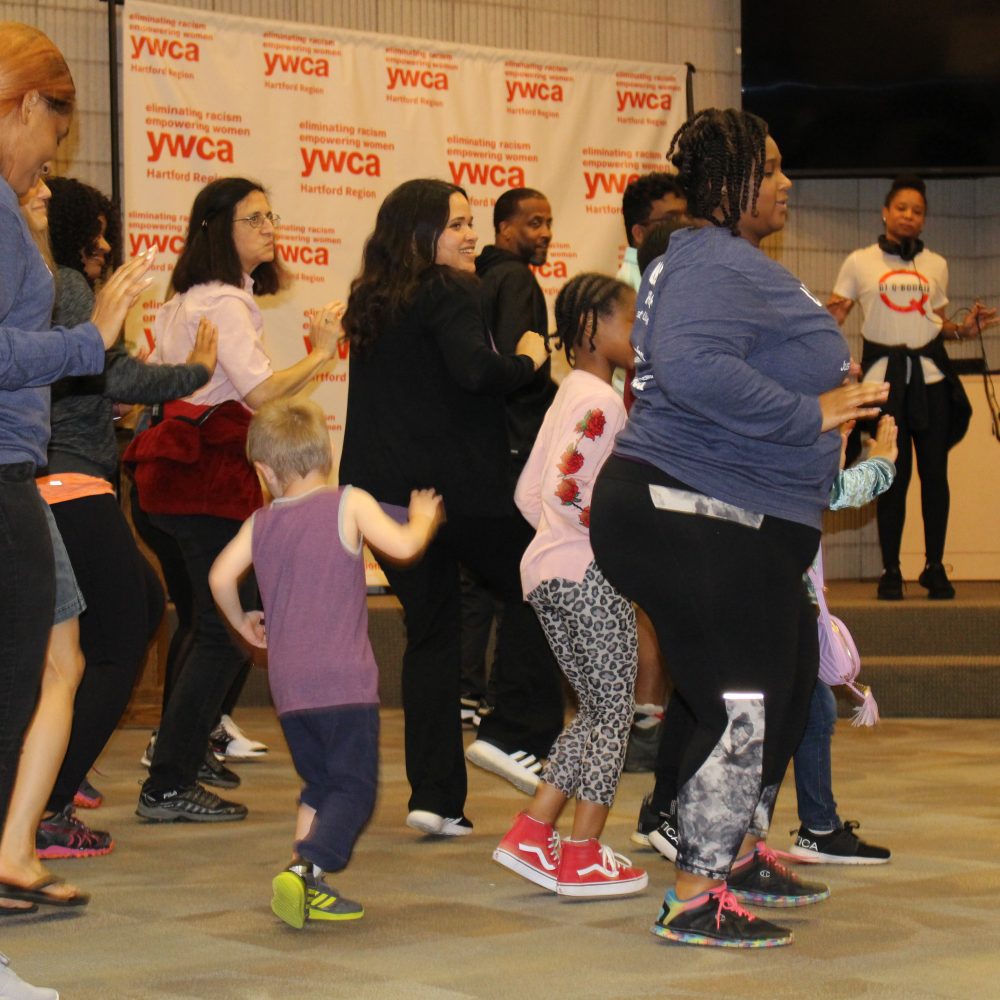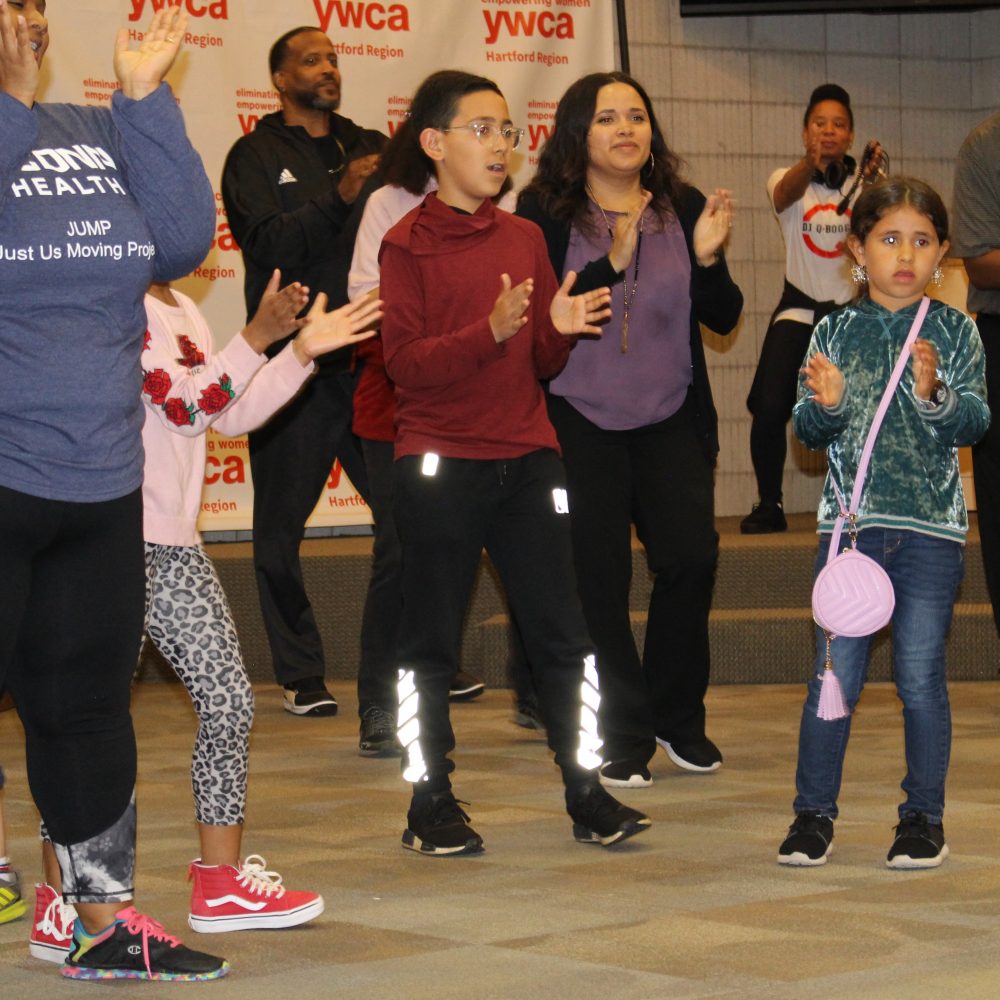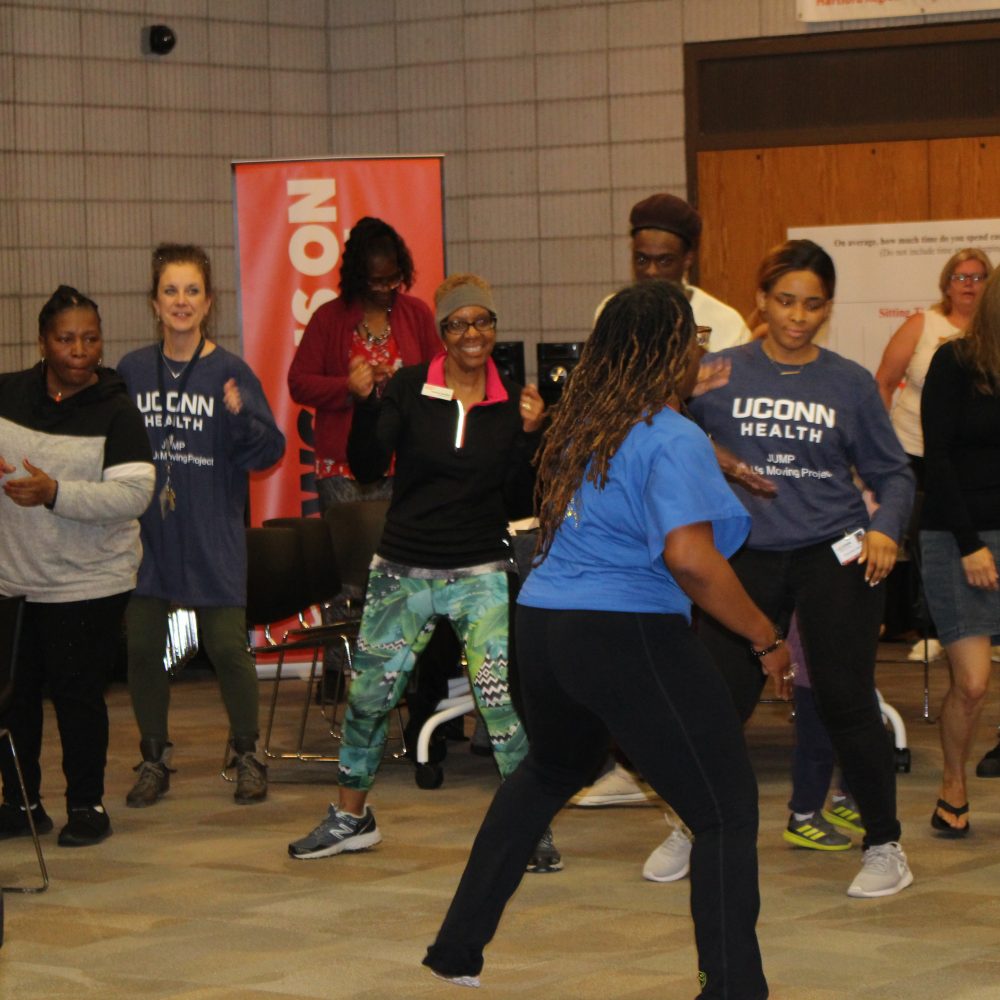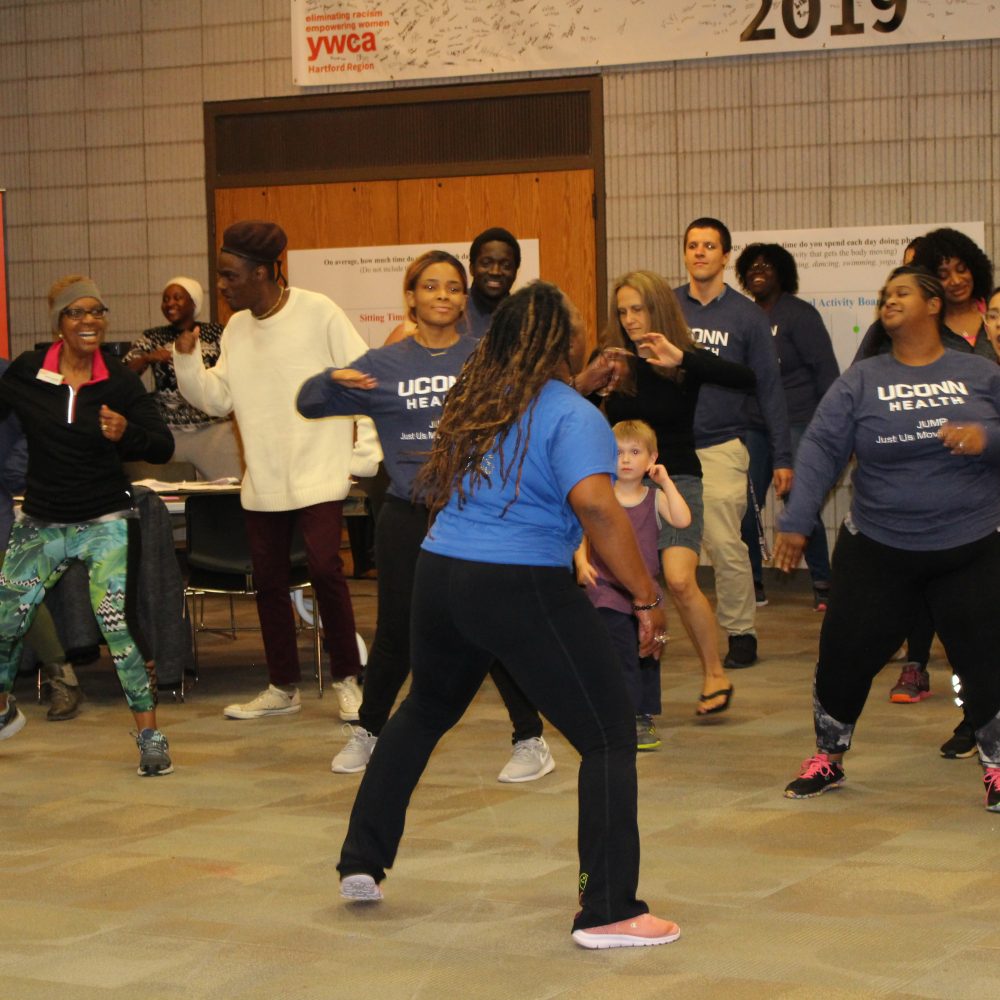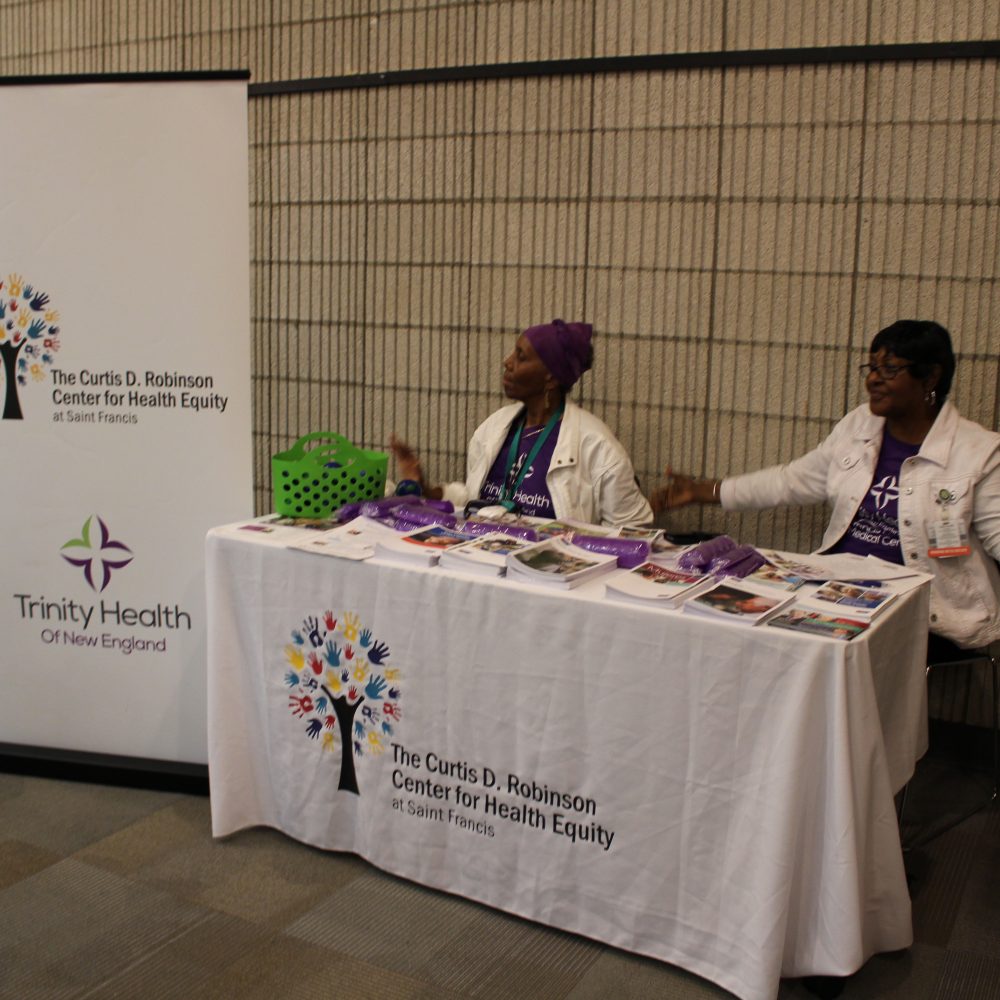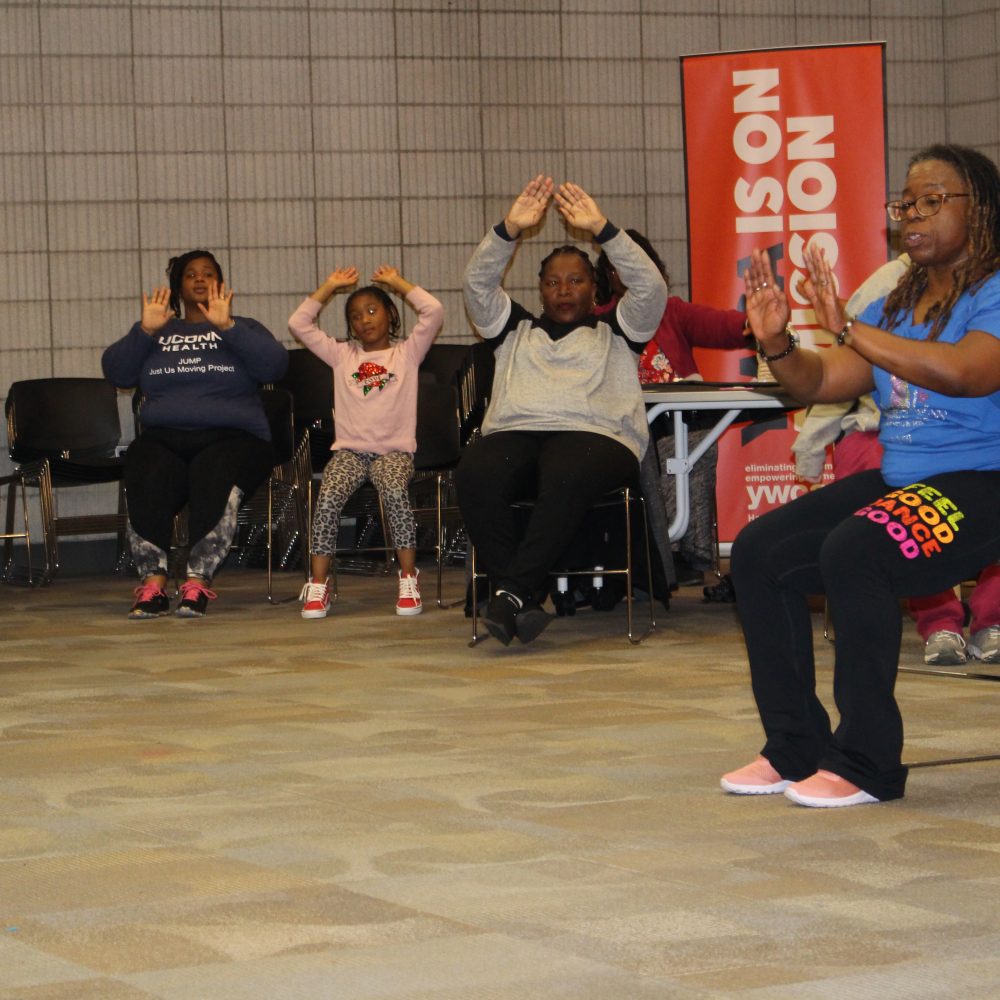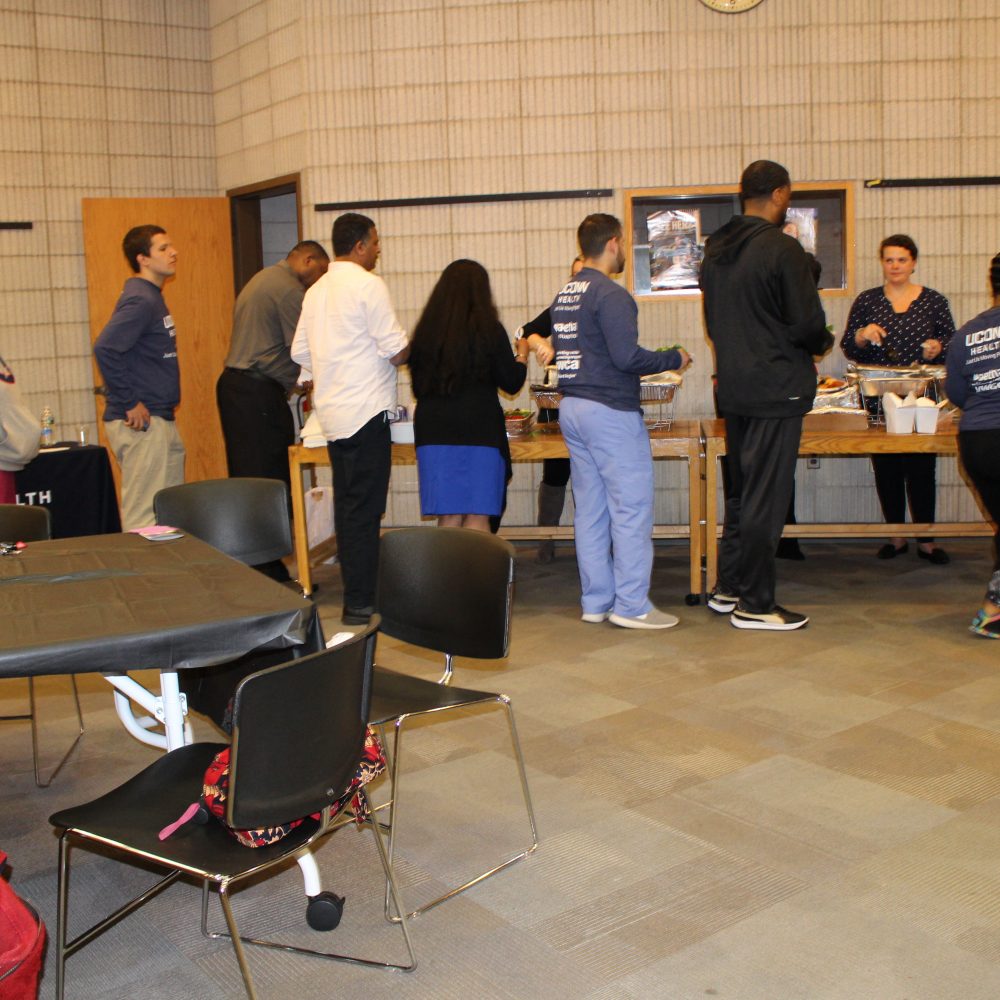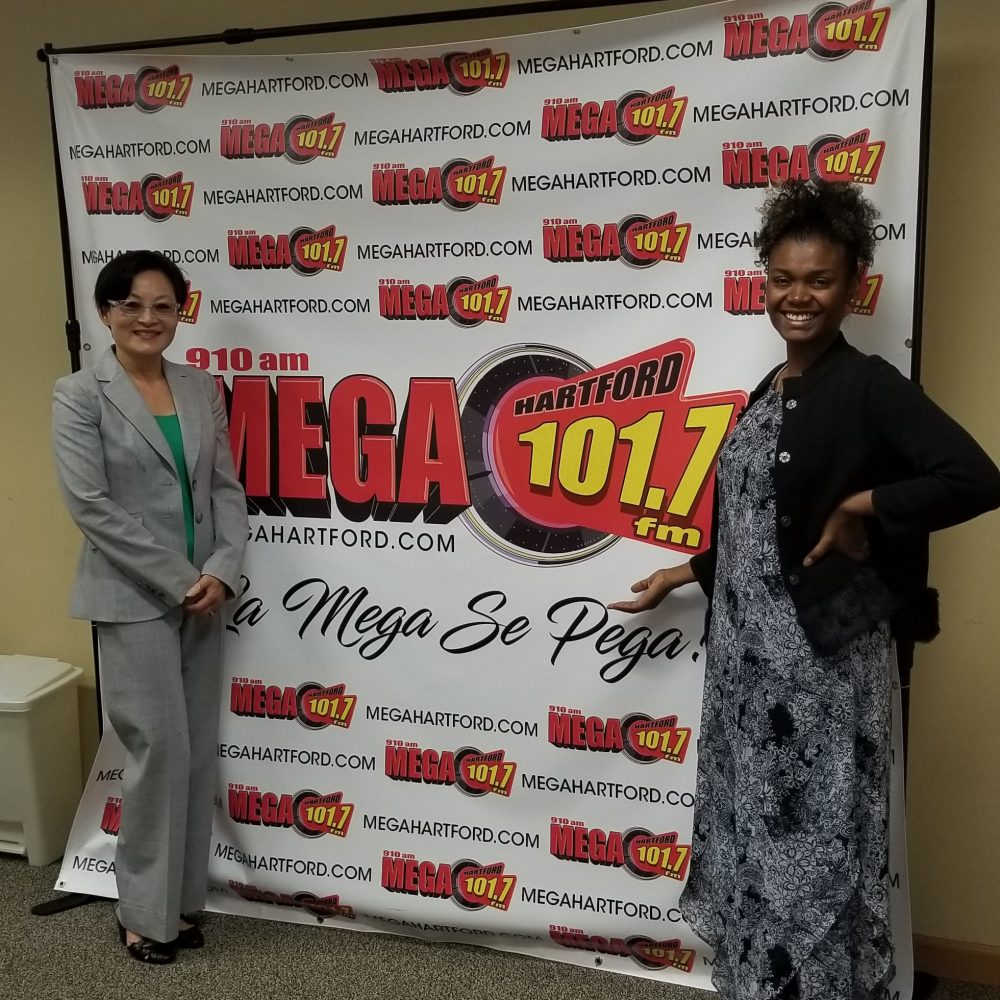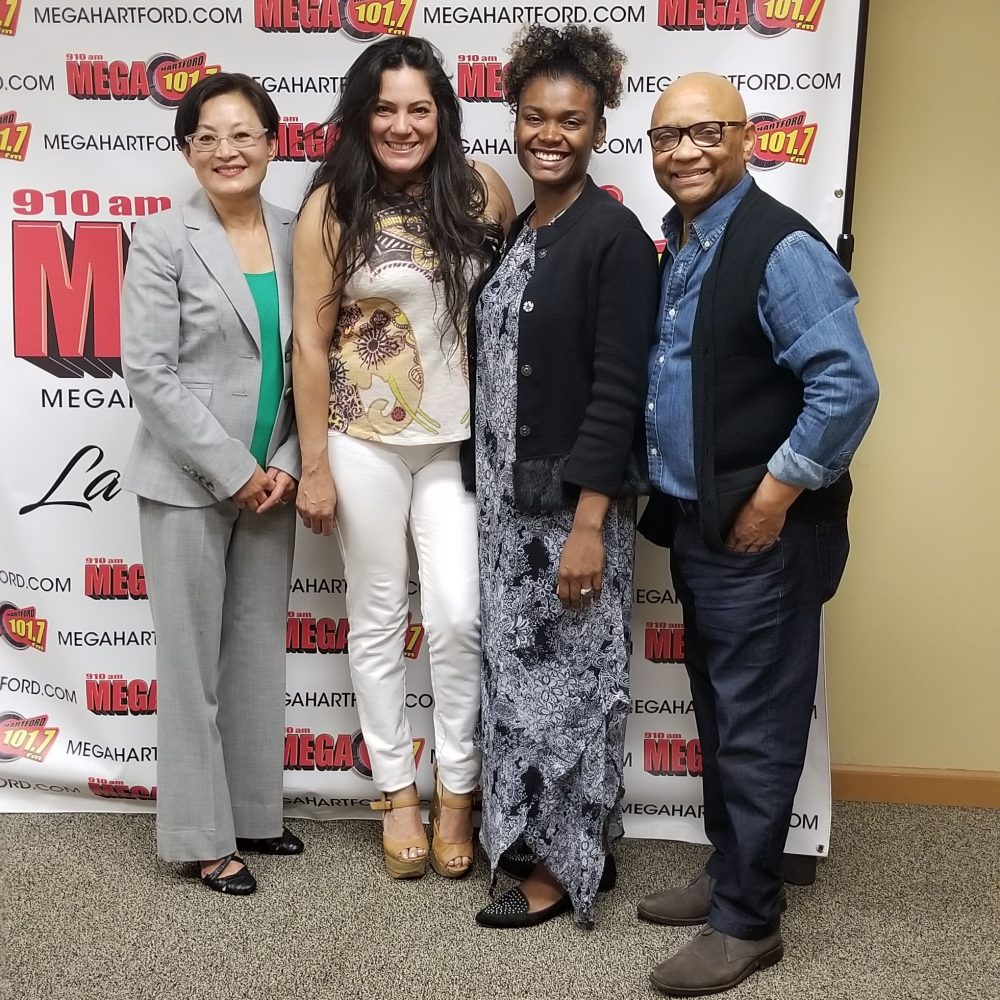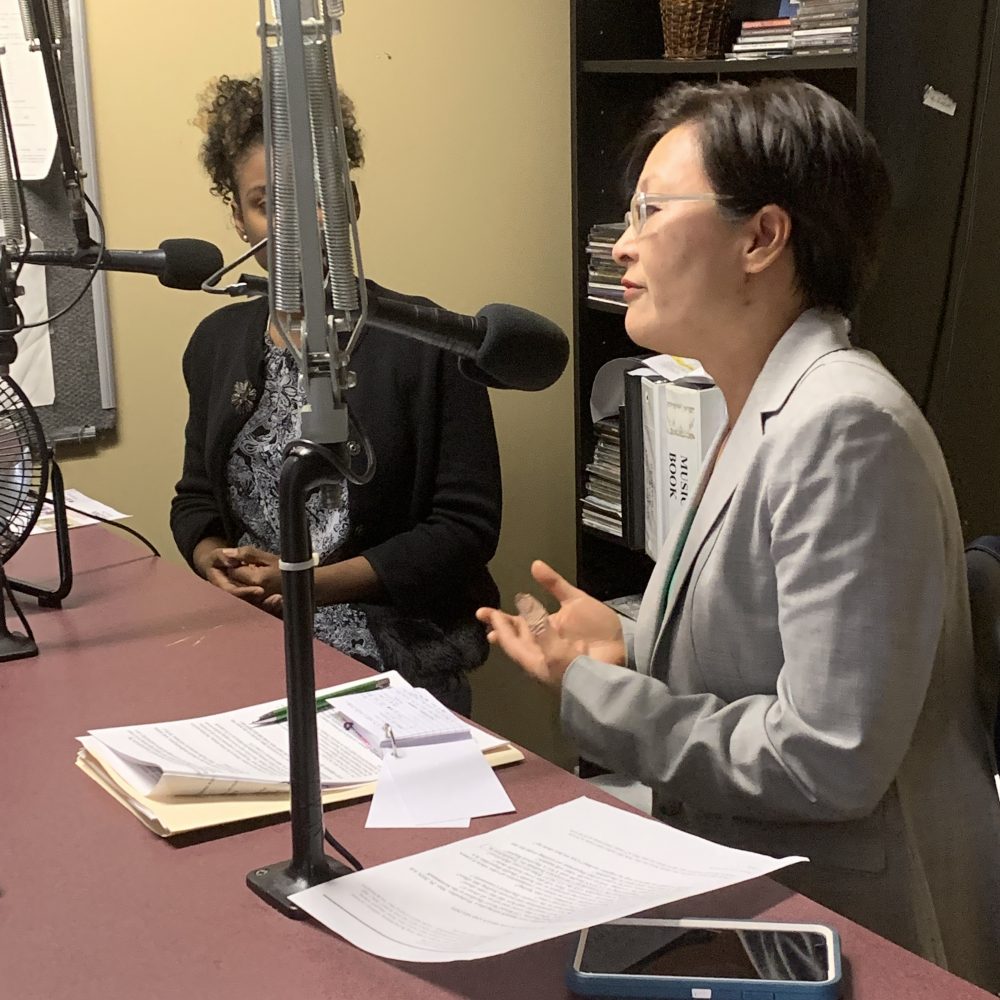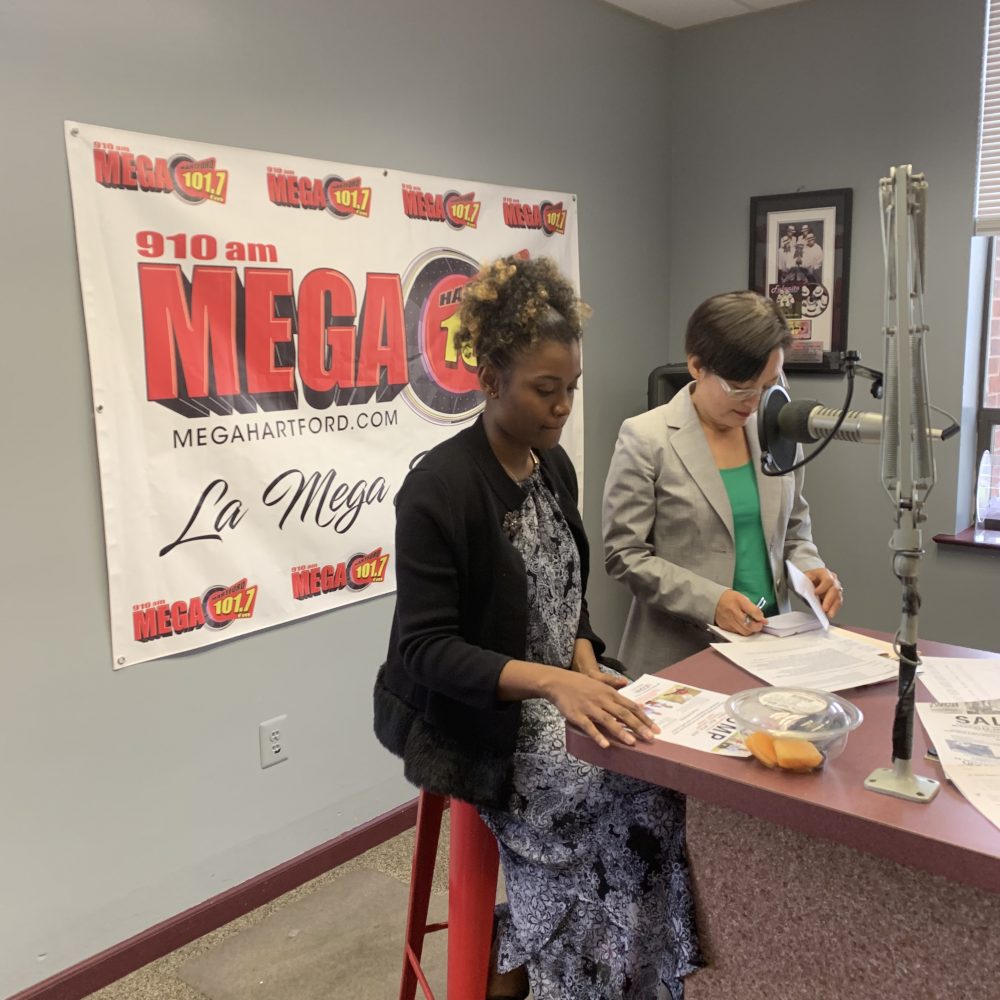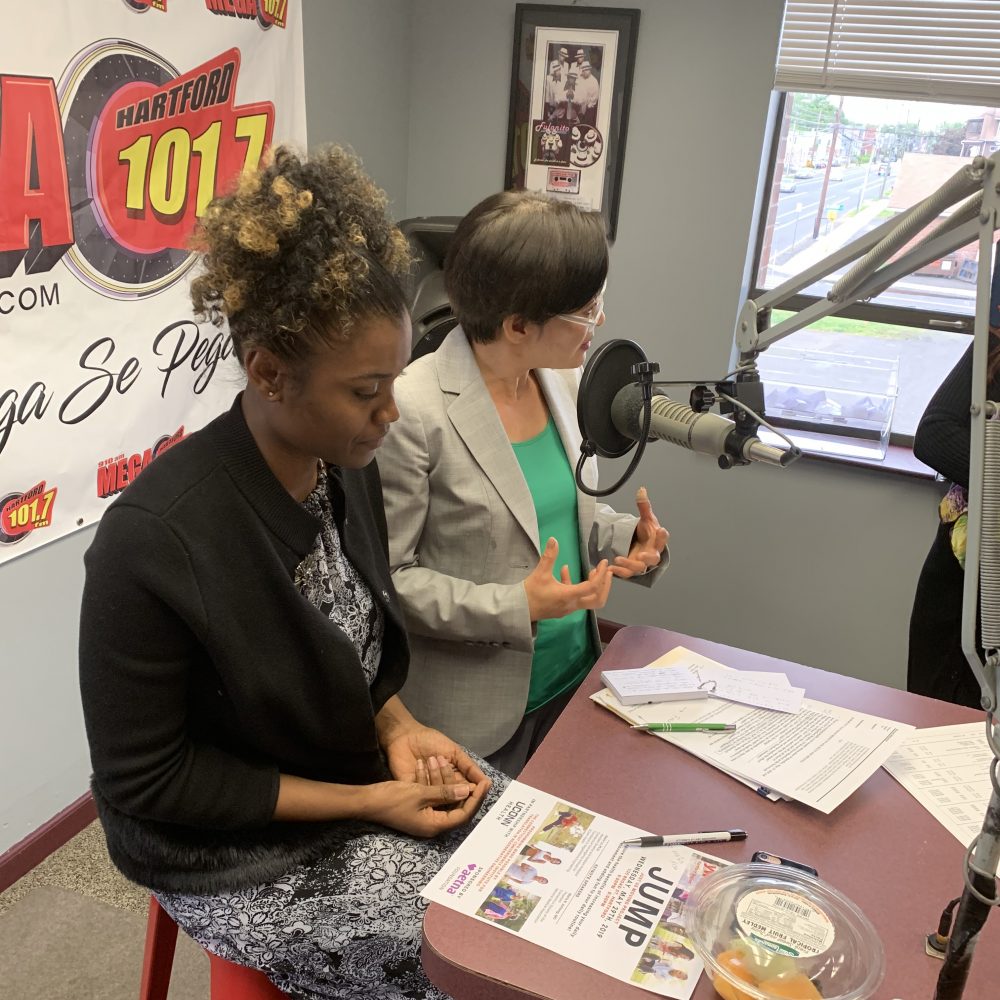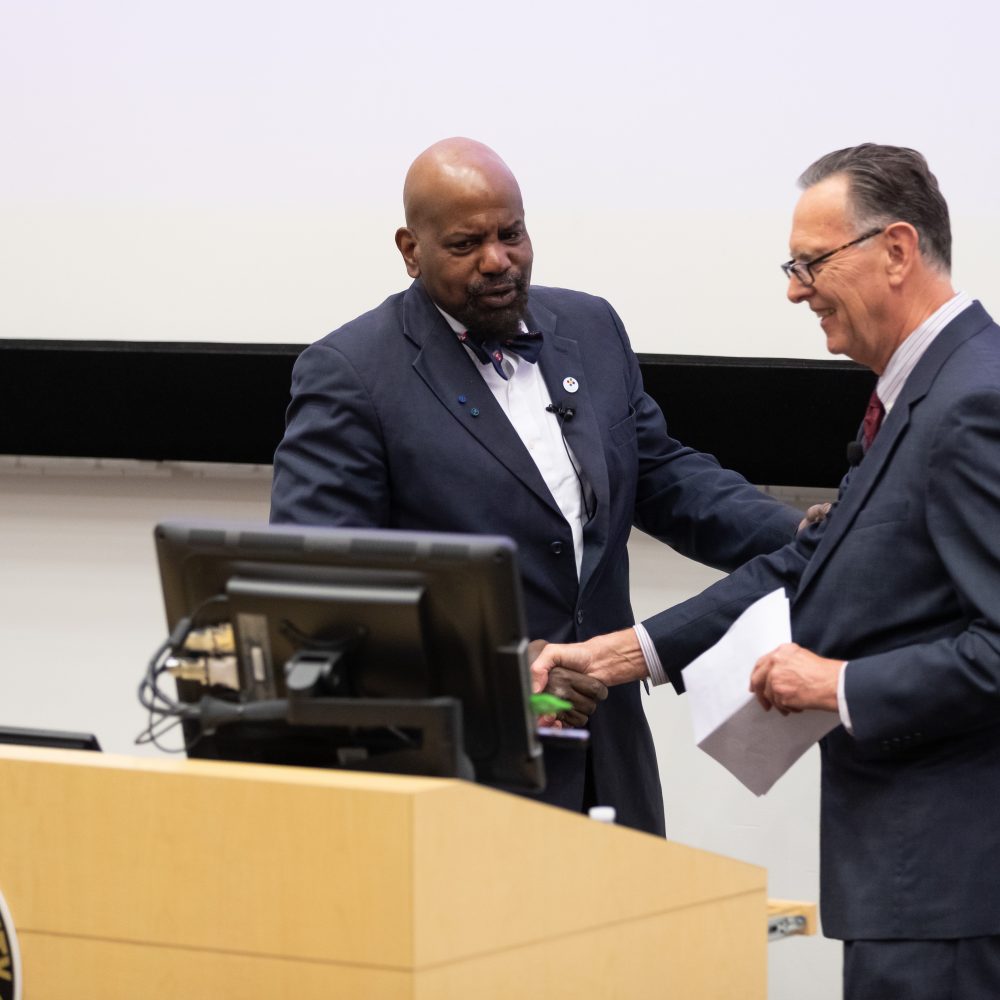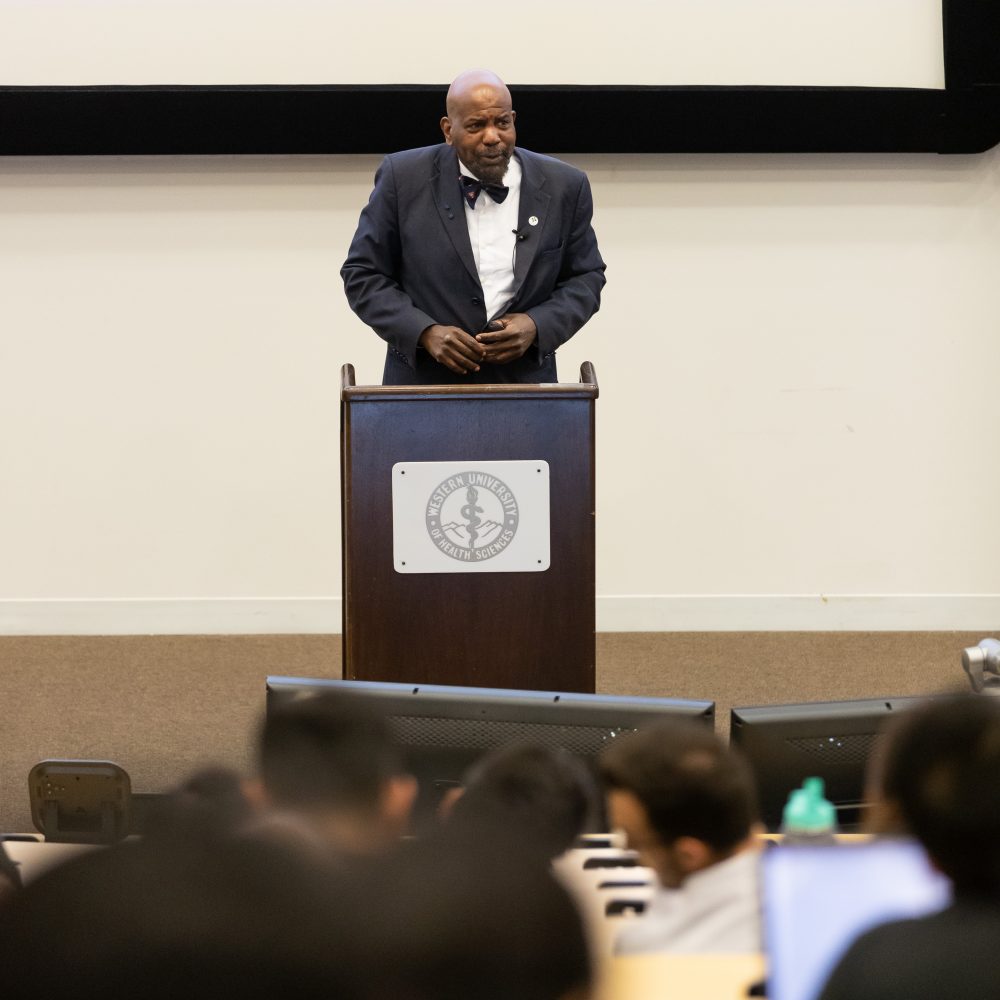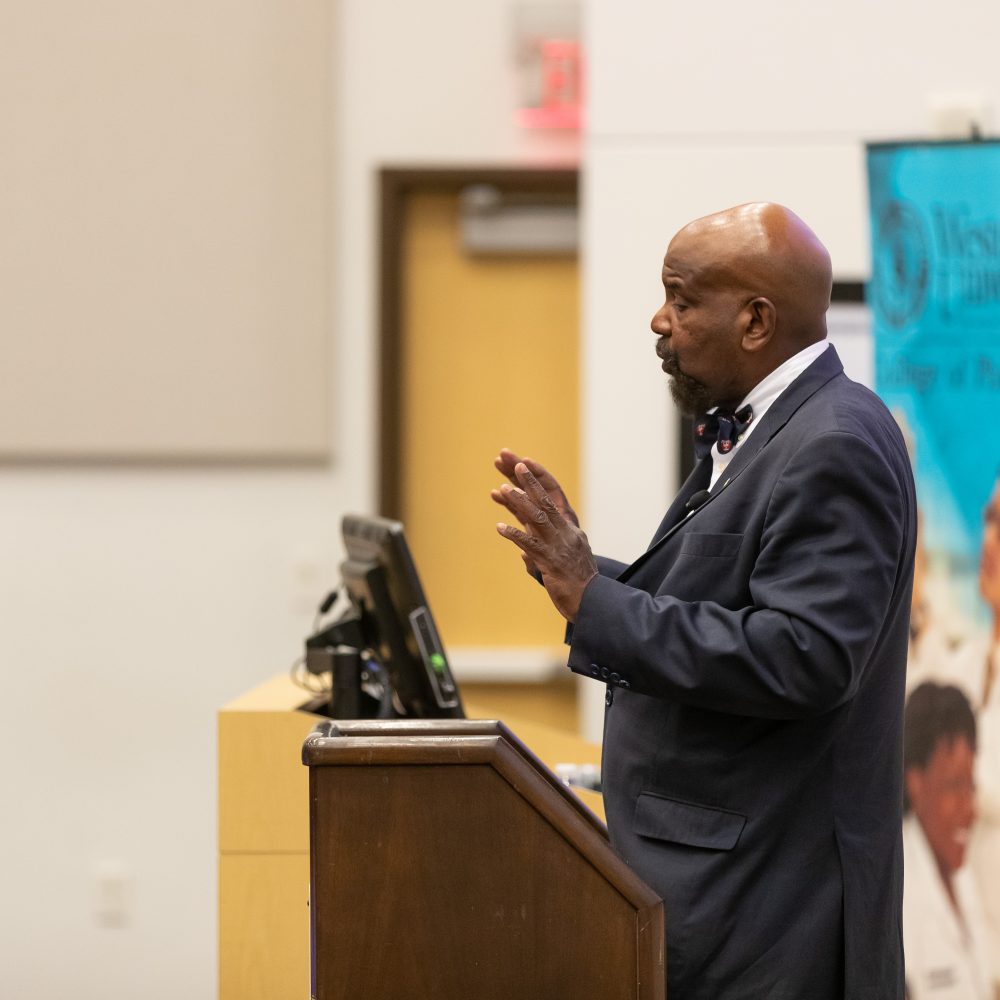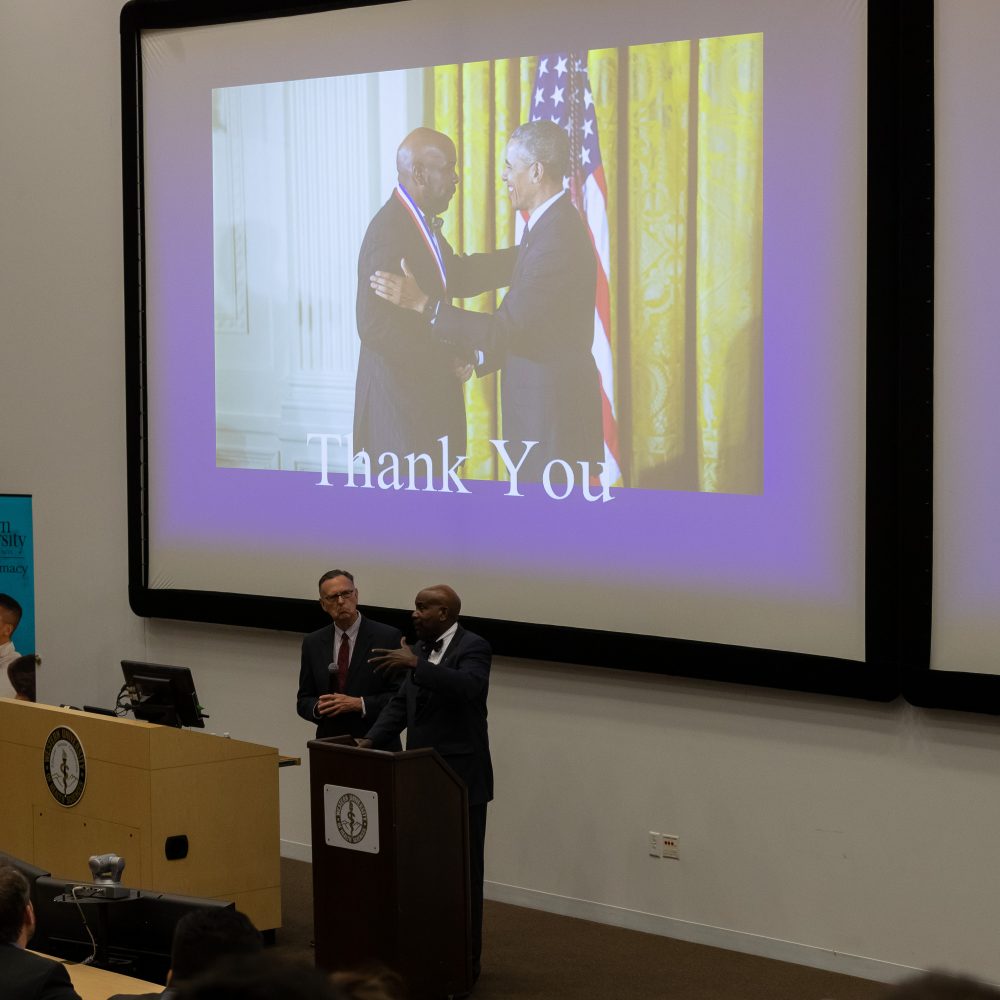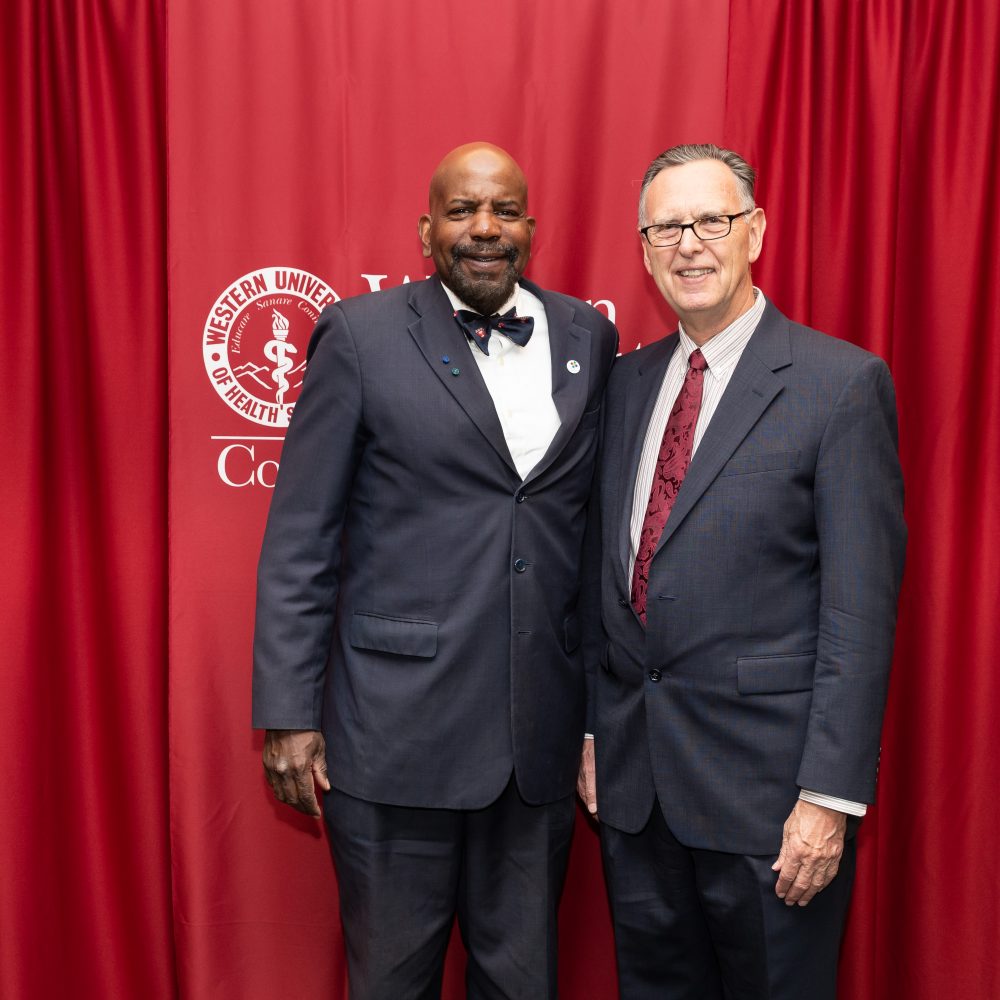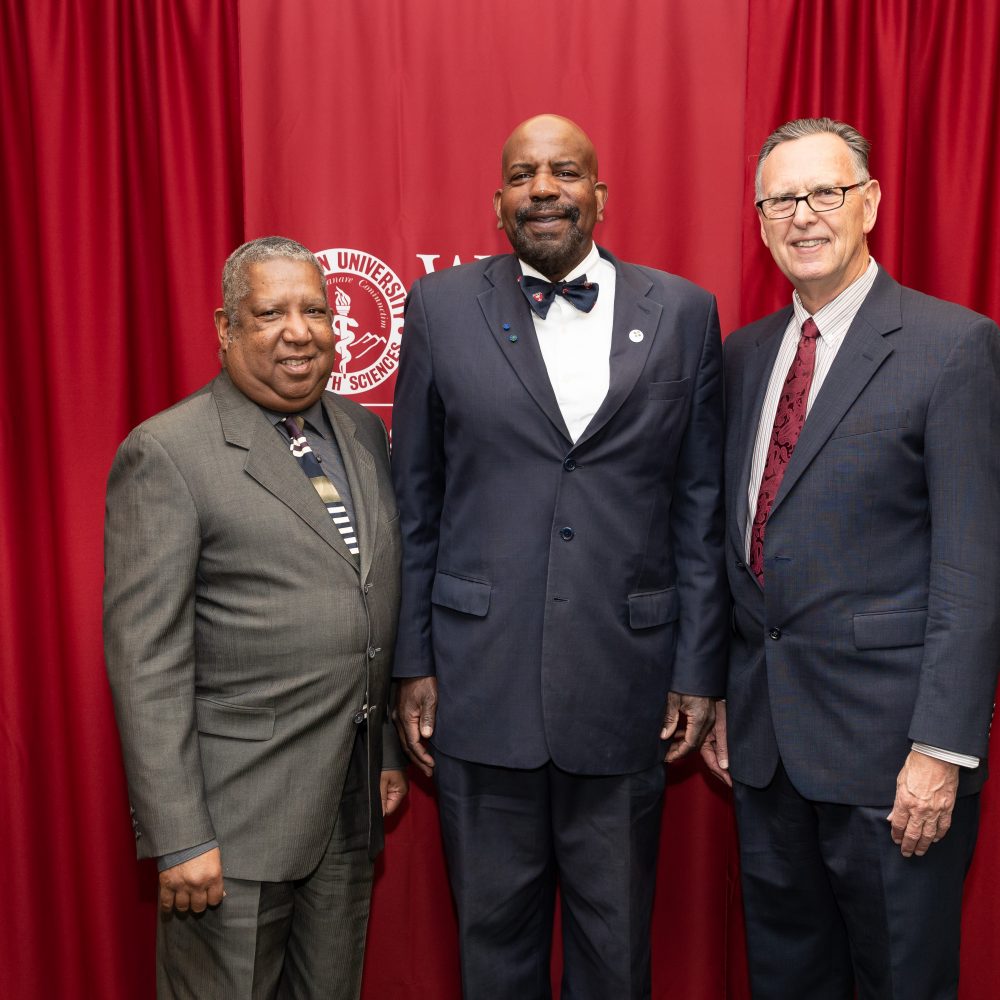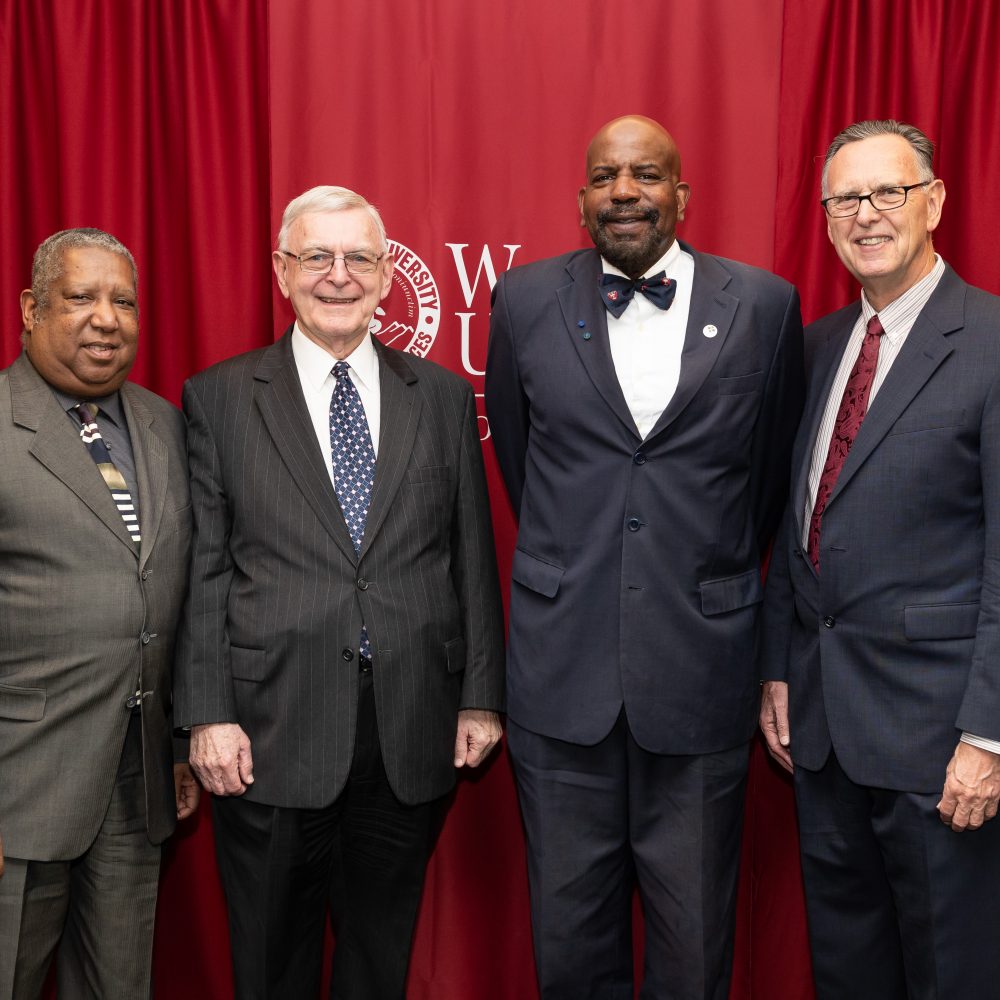 The Building Infrastructure Leading to Diversity (BUILD) Initiative provides awards to undergraduate institutions across the country to implement and study innovative approaches to engaging and retaining students from diverse backgrounds in biomedical research. In 2014, the National Institute of Health (NIH) granted 10 five-year BUILD (Building Infrastructure Leading to Diversity) awards. The University of Texas at El Paso (UTEP) was one of the 10 core institutions to receive the award which led to the formation of the Building Infrastructure Leading to Diversity: Southwest Consortium of Health-Oriented Education Leaders and Research Scholars (BUILDing Scholars) program. Under the UTEP BUILD award, there are 13 Research partners, with UConn being the only academic institution from the northeast.
The Building Infrastructure Leading to Diversity (BUILD) Initiative provides awards to undergraduate institutions across the country to implement and study innovative approaches to engaging and retaining students from diverse backgrounds in biomedical research. In 2014, the National Institute of Health (NIH) granted 10 five-year BUILD (Building Infrastructure Leading to Diversity) awards. The University of Texas at El Paso (UTEP) was one of the 10 core institutions to receive the award which led to the formation of the Building Infrastructure Leading to Diversity: Southwest Consortium of Health-Oriented Education Leaders and Research Scholars (BUILDing Scholars) program. Under the UTEP BUILD award, there are 13 Research partners, with UConn being the only academic institution from the northeast.
The BUILDing Scholars program is designed to include a consortium of pipeline and research partners. Pipeline partners and UTEP work together to implement and co-develop programs that will enable students to master the coursework necessary to enter research careers as well as participating in mentoring activities. Research partners are intended to expand training, research and mentorship opportunities available to participating students, in addition to engaging faculty at UTEP through collaborations and/or training opportunities. The BUILDing Scholars are students who have finished their freshman, sophomore or junior year.
As a BUILDing Scholar, each student, through the Chronus online mentoring platform, was matched with faculty from UConn or UConn Health who expressed an interest in participating as a BUILD mentor. Once matched, mentors and students engage in conversation related to their summer research project and interests. Housing and travel are covered under the BUILD award for each student, as well as a monthly BUILD stipend for the summer. In addition, the BUILD mentor receives funding for research supplies needed in order for their student to complete their summer project.



